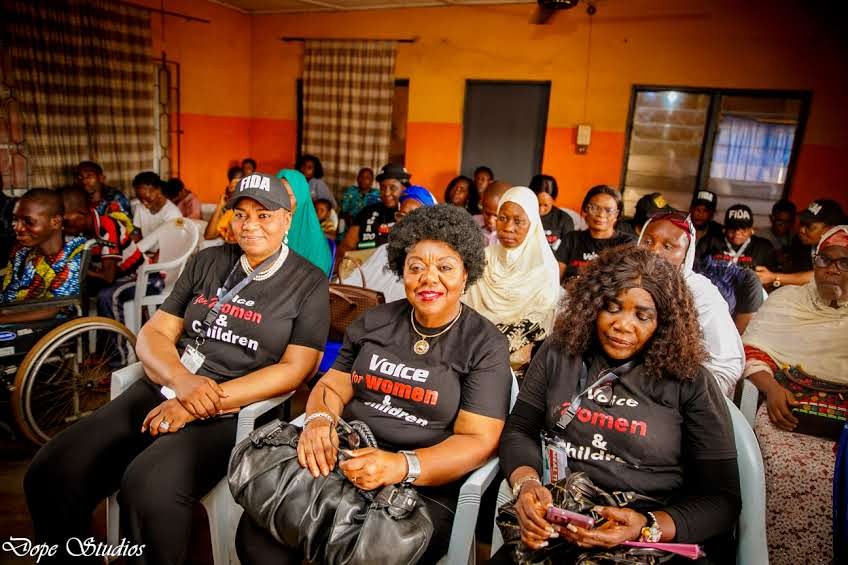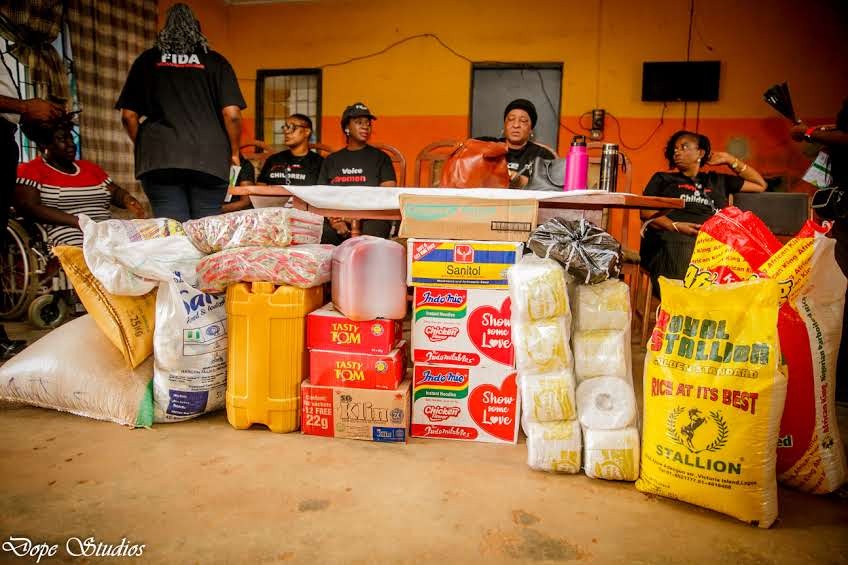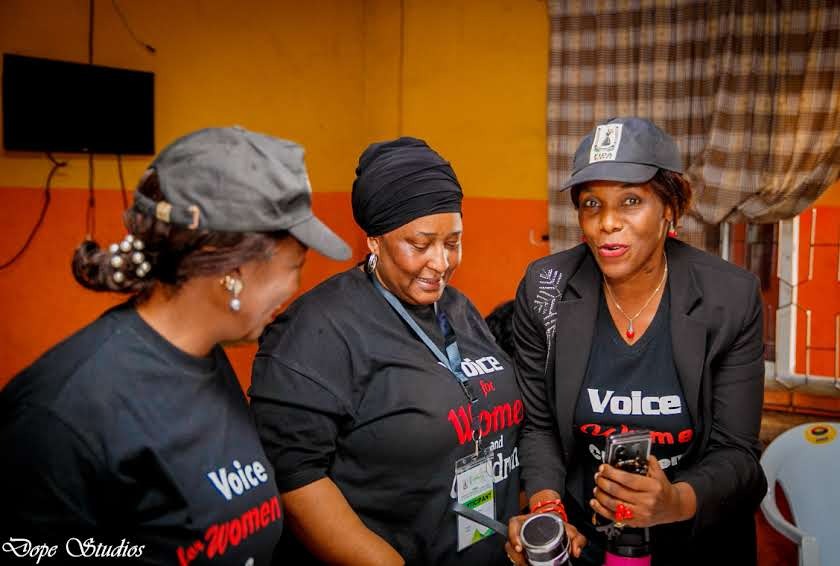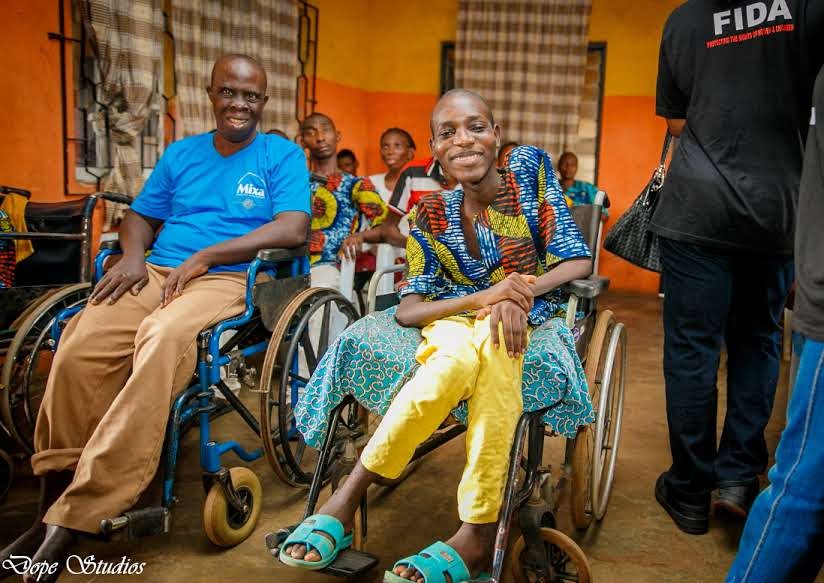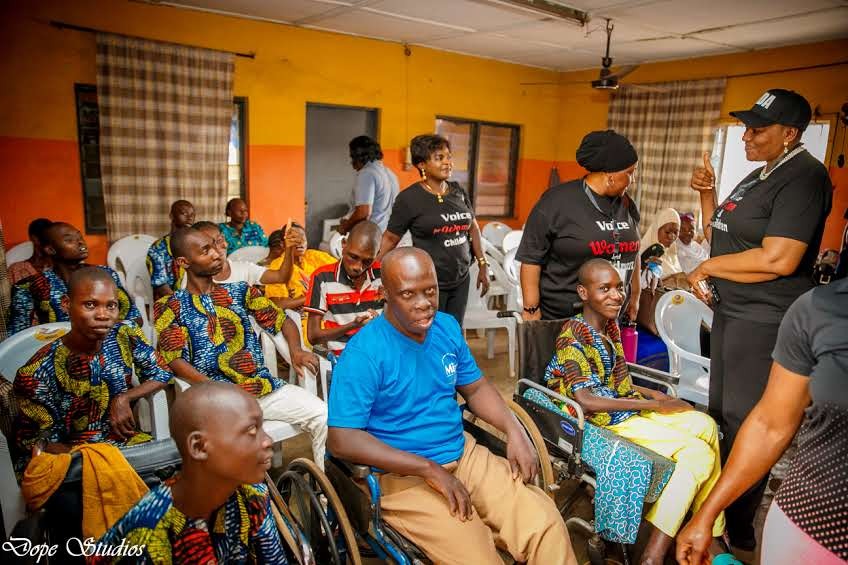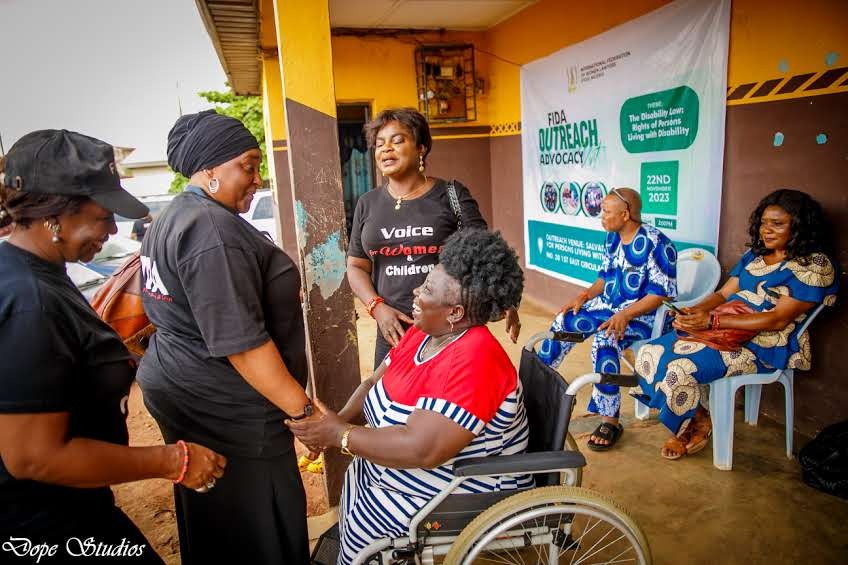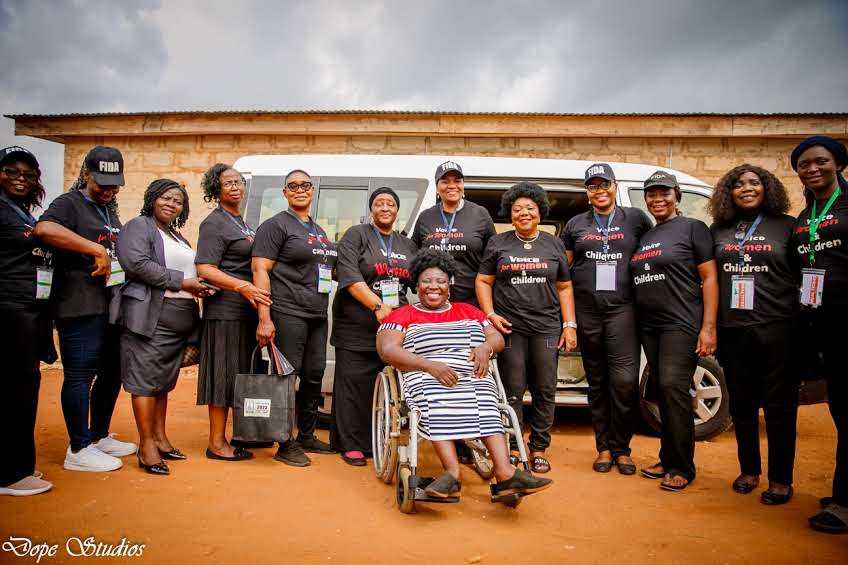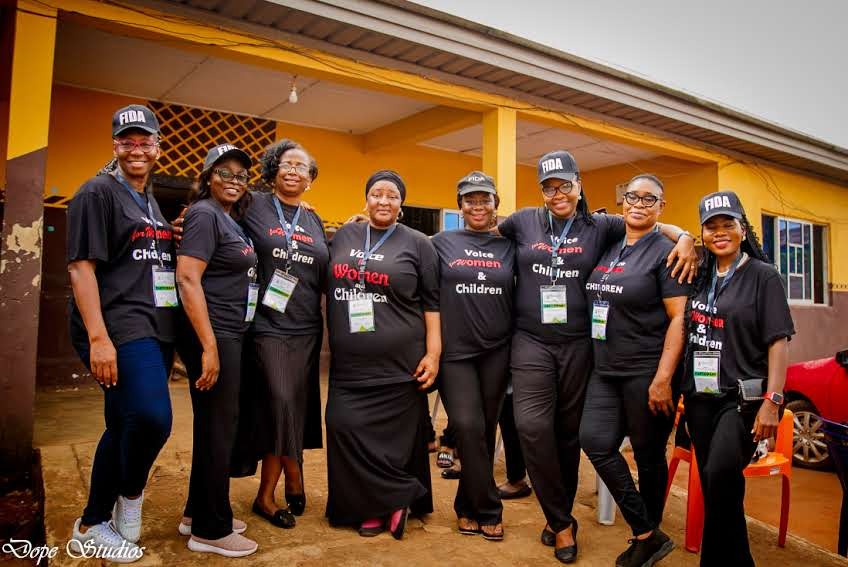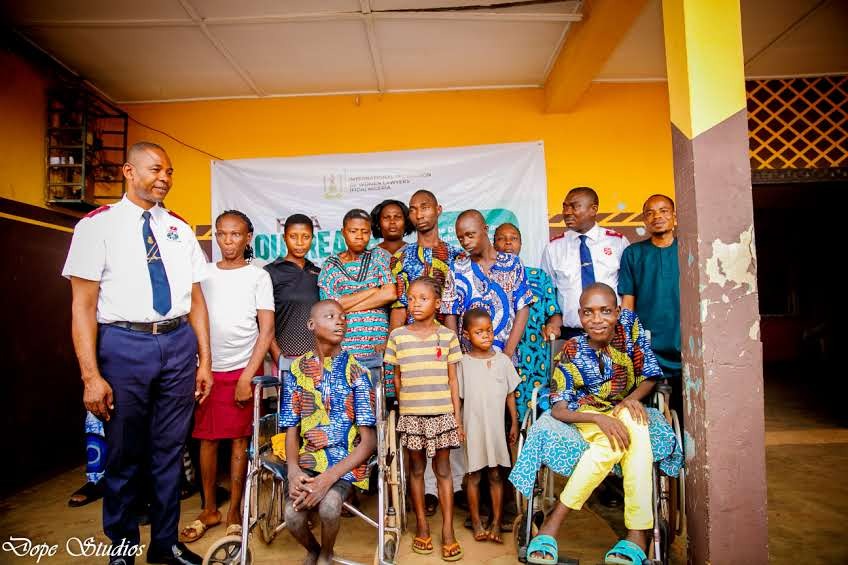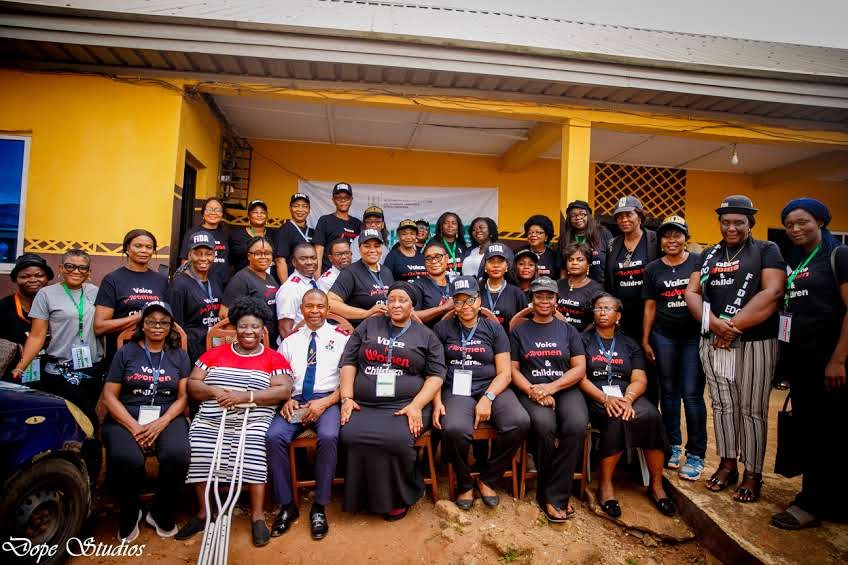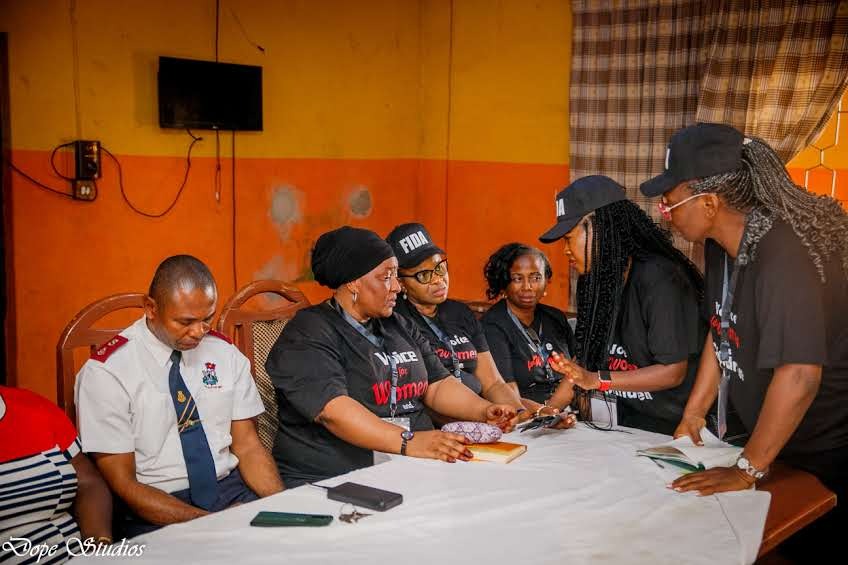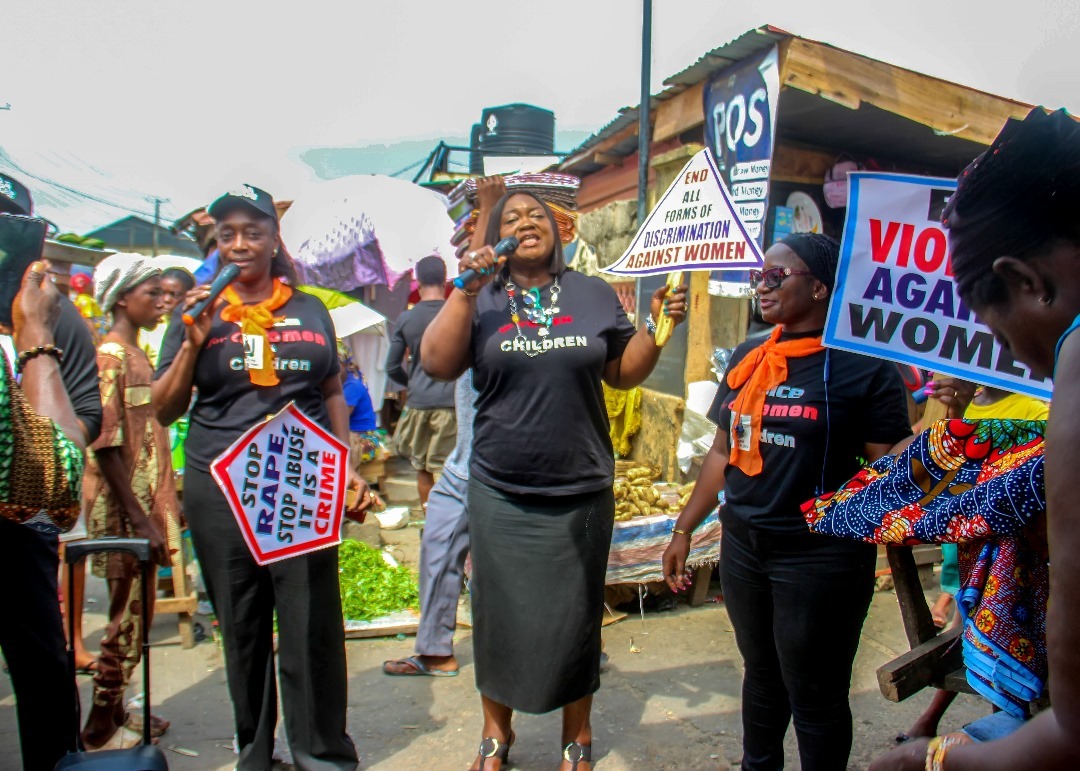
Empowering Communities: FIDA Lagos Champions 16 Days of Activism with Impactful Advocacy Walk in Makoko Market
In a powerful initiative aligned with the global 16 Days of Activism against Gender-Based Violence, FIDA Lagos took to the bustling streets of Makoko market on December 1, 2023, for a compelling Advocacy Outreach and Sensitization Walk. Dressed in vibrant FIDA Nigeria T-shirts adorned with orange scarfs, members of FIDA Lagos brandished placards to shed light on the urgent need to eradicate violence against women and girls.
The dedicated team engaged the community in both English and Yoruba languages, ensuring that their crucial messages reached a wide and diverse audience. The Iyaloja of the market welcomed the FIDAns with enthusiasm, actively participating in the sensitization efforts targeted at market men, women, and girls.
Fliers, bearing essential information and resources, were distributed as part of the advocacy outreach, contributing to the overall awareness creation. The collaboration between FIDA Lagos and the market community proved to be a resounding success, marking a significant step towards fostering a safer and more informed environment.
The 16 Days of Activism campaign serves as a catalyst for change, and FIDA Lagos exemplifies the spirit of advocacy and community engagement in their proactive efforts to combat gender-based violence. Together, they are creating ripples of awareness that have the potential to transform communities and pave the way for a future free from violence against women and girls.
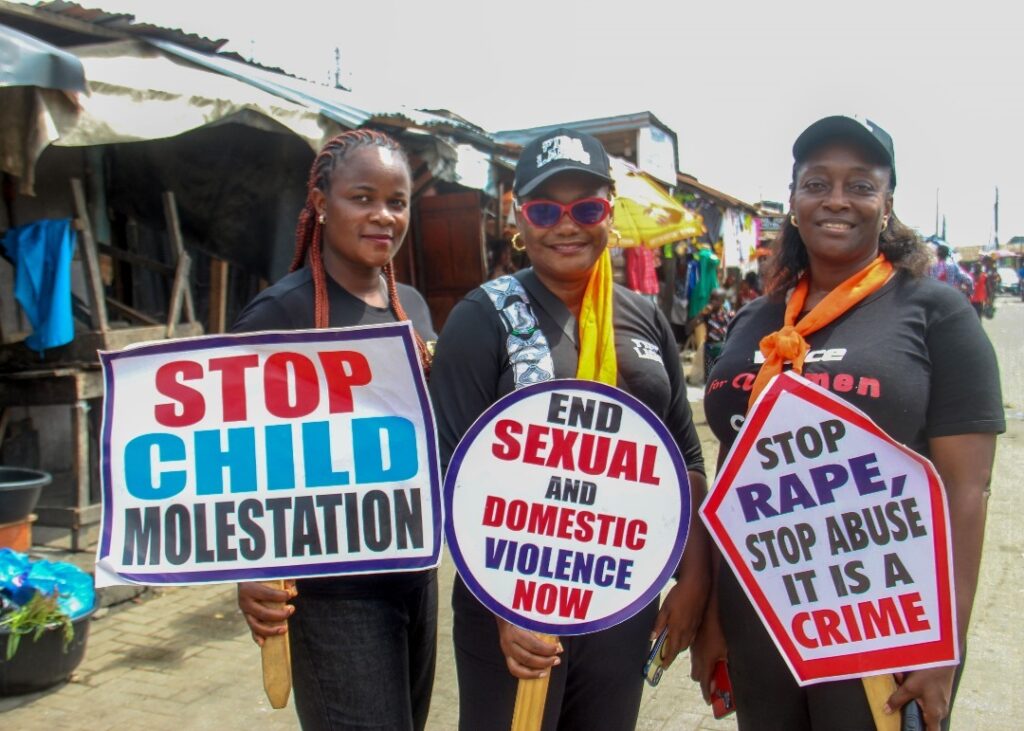
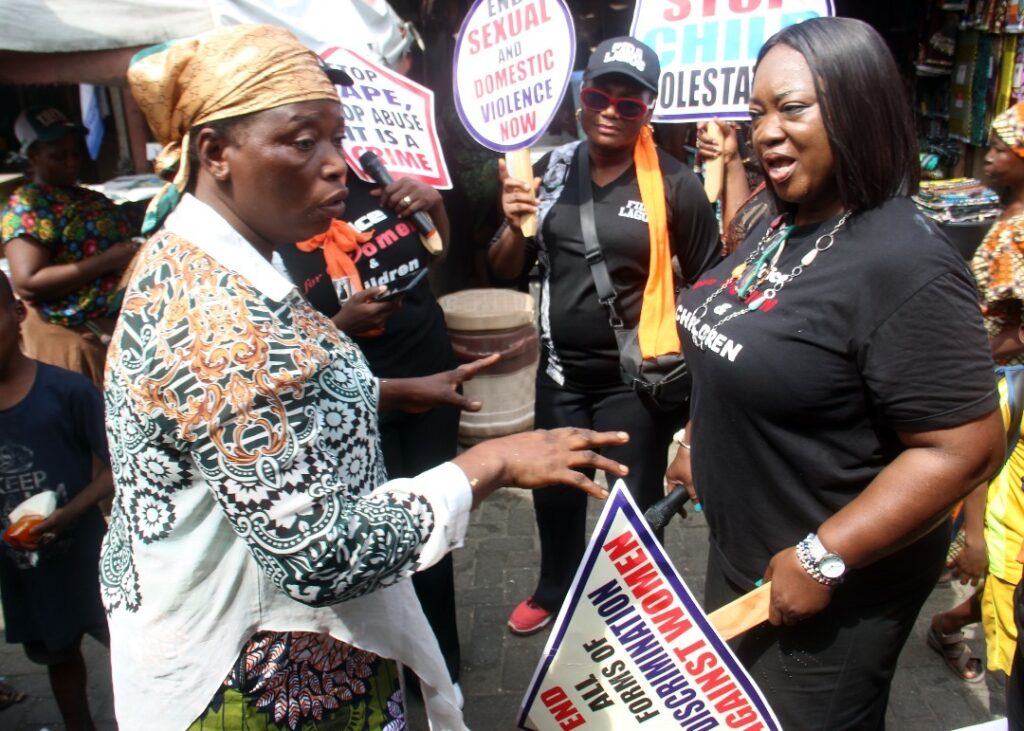
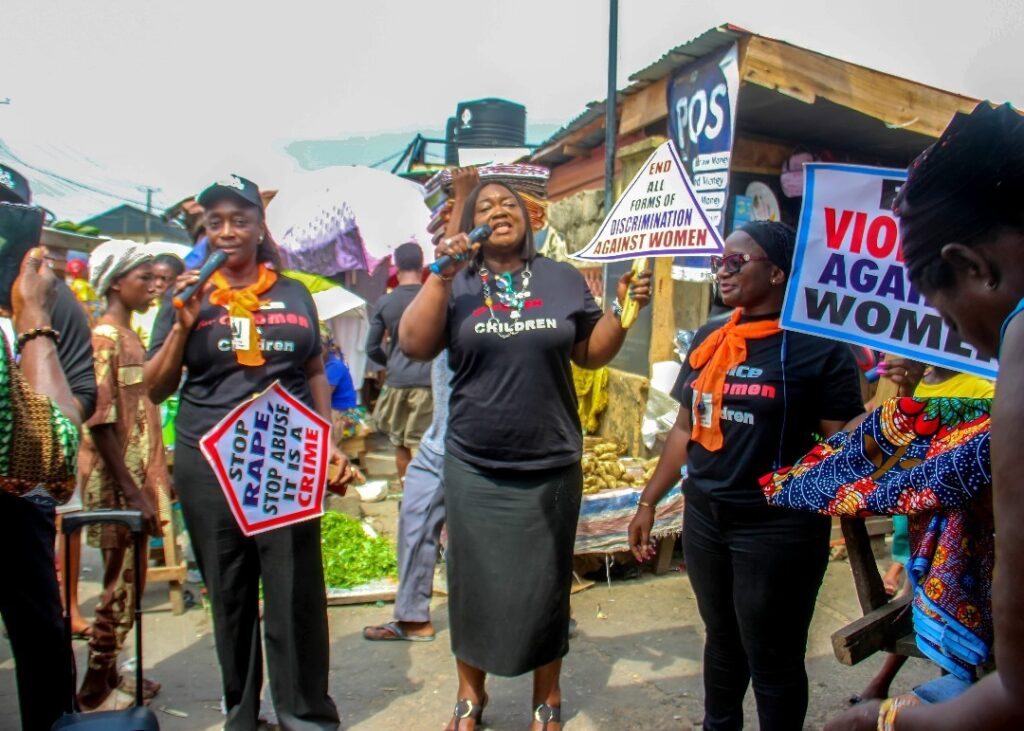
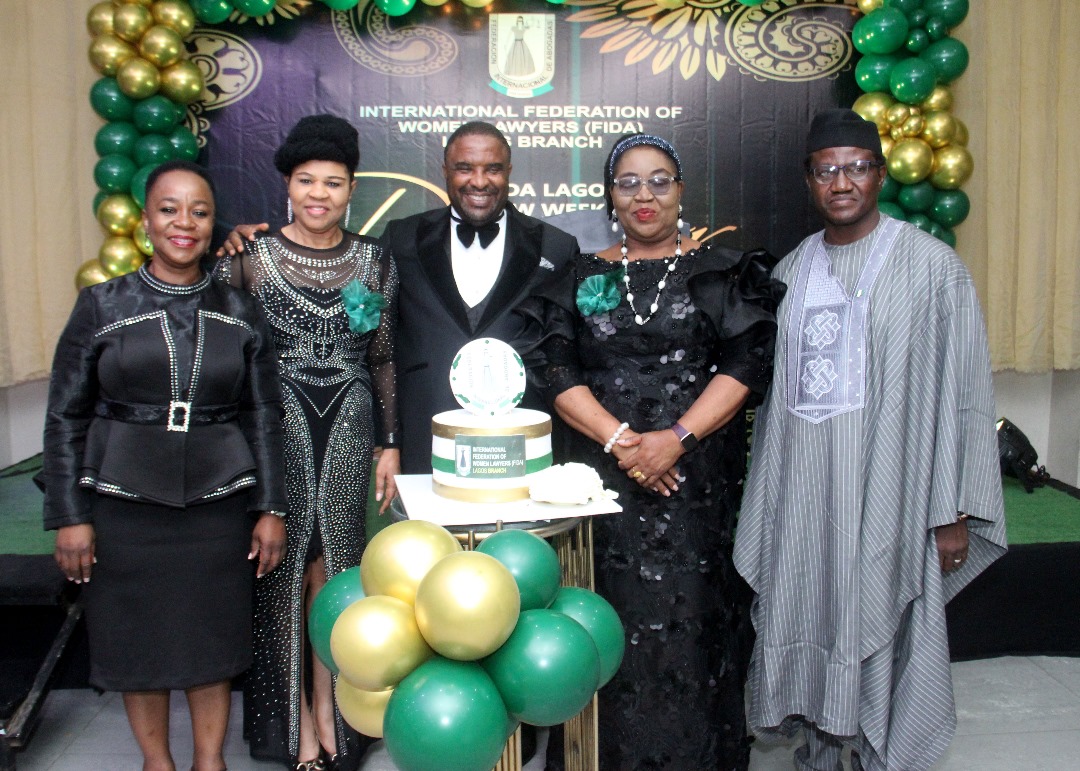
2023 FIDA LAGOS LAW WEEK CONCLUDES ON A HIGH NOTE WITH KNOWLEDGE SESSION AND DINNER
The climax of the 2023 Law Week of the International Federation of Women Lawyers (FIDA), Lagos Chapter, began with an Opening Ceremony on October 30, 2023 at the Nigerian International Affairs, Victoria Island, Lagos.
NEWSWIRE Law & Events Magazine’s correspondent in Lagos reports that the event was, expectedly, graced by legal luminaries and other dignitaries from far and wide, among them the representative of the Lagos State Attorney General and Commissioner for Justice, Mrs. Tomi Bodunde. Others included Mrs. Chinwe Efobi (Chairperson FIDA, Lagos); Chukwuka Ikwuazom, SAN, who chaired the Opening Ceremony; Tobenna Erojikwe, Chairman of the Nigerian Bar Association’s (NBA) Institute of Continuing Legal Studies (ICLE), who served as the Chairman of the Dinner; and Mrs. Uwa Ohiku (the Keynote Speaker). Others who also graced the event were Mrs. Titi Akinlawon, SAN, Mr. Ebun Adegboruwa, SAN; the FIDA Nigeria Country Vice-President/National President Mrs. Amina Agbaje (who was represented by Mrs. Eliana Martins); Prof. Virgy Ebelechukwu Onyene, and Mrs. Joyce Oduah (the immediate past National General Secretary of the NBA).
Both the Chairperson of the Law Week Planning Committee, Mrs. Ada Madu and the FIDA Lagos Chairperson, Mrs. Chinwe Efobi made opening welcome speeches in which they outlined the aims and objectives of the organization, as well as the programs, projects and projections of FIDA Lagos.
The Opening Ceremony was moderated by Uchenna Nwadialo, Alternate Chairperson Law Week Planning Committee.
In his address, Chukwuka Ikwuazom, SAN noted that violence against women and girls was a violation of human rights, and that a victim of gender-based violence (GBV) was unlikely to be productive in the society. The cultural habit of stigmatizing the victims of gender-based violence, he asserted, has deterred many victims from speaking out, thereby allowing the problem to fester in society. The learned silk, who is a former Chairman of the NBA Lagos branch, also emphasized the need for data collection and analysis of reports of gender-based violence in Nigeria.
Mrs. Bodunde, the representative of the Lagos AG, delivered a goodwill message on behalf of the AG, in which she noted that GBV (as referenced by Ikwuazom) affects everyone, irrespective of culture or tribe, and that sexual and emotional abuse, as well as sexual harassment, all amount to GBV, stressing that it is a phenomenon that threatens our progress as a nation. She called for perpetrators to be held accountable for their actions and for all relevant stakeholders to ensure that victims get justice.
Also speaking, the Chairperson of the NBA Women Forum (NBAWF), Mrs. Chinyere Okorocha called for mutual respect between the genders, without which, she said, societal progress was impossible.
Her call was echoed by Dr. Inkem Boerner, a member of the German Council, who situated mutual respect within the context of fundamental human rights. The representative of Mrs. Amina Agbaje (Mrs. Eliana Martins) also delivered a goodwill message on her behalf, after which the ceremony was declared open by the former NBA Lagos Branch Chairman.
In her much-anticipated Keynote, Mrs. Uwa Ohiku began on a personal note, narrating her growing up experience. Her father, she said, was a staunch protector of the girl-child rights – a situation which has had a salutary effect on her today. On the converse side, she notes with dismay the rate at which women are being killed as a result of GBV; the youngest victim, she recalled, was an eight-month-old baby, and the oldest, a 75-year-old woman. The Keynote Speaker reiterated the need for our girls to be taught how to be confident, as well as the need to raise our sons in a respectful manner. She also called for a cultural paradigm shift in which women are welcomed back to their maiden family homes when they return (or flee) from failed or abusive marriages instead of being sent back, willy-nilly, sometimes without any questions asked.
Always a compelling speaker, Mr. Ebun Adegboruwa, SAN defined GBV, quoting the Council of European Union Convention, as any act that is likely to result in the physical suffering of women, or any form of harm perpetrated as a result of a person’s gender. He noted how the birth of a male child is highly celebrated in some parts of the world while girls’ are not – a situation which, he said, results in the impression of the dominance of the male child, while messing up a girl’s self-esteem. The learned silk challenged FIDA to collaborate with the National Ministry of Women Affairs in a bid to get the correct data and statistics database that can capture accurately the figures of GBV violence. In this respect, Adegboruwa noted that Section 34 of the Nigerian Constitution states that every citizen is entitled to be treated with dignity, and that widows or orphans are also victims (or potential victims) of GBV – among whose causes he enumerated to include poverty, conflict and wars, stress in the home due to economic factors and the transfer of aggression. This atmosphere of violence, he asserted, has helped in the spread of HIV/AIDS, as well as gender stigmatization and ostracization.
The Senior Advocate of Nigeria also gave the preventive measures to include: education, data collection, early intervention programs (such as the naming and shaming of sexual offenders, an initiative, it would be recalled, of the former First Lady of Ekiti State, Erelu Bisi Fayemi; training programs for professionals, legal reforms and community engagements). Adegboruwa noted that over 39% of women experience violence before the age of 15, and called on relevant stakeholders to take steps to eradicate any behaviors that consign women to an inferior station in life. The legal luminary recommended a partnership between FIDA and the legislature at federal and state levels in making laws that stem violence against women.
On her part, Prof. Virgy Ebelechukwu Onyene admonished the society to stop encouraging girls to look out for rich men to date or marry as that in itself is an invitation to GBV. She also noted that GBV starts with people hating one another, especially women.
Congratulating FIDA on the success of her Law Week, another speaker, Mr. Olumide Kayode insisted that there could not be a meaningful discussion of domestic violence without mention of GBV, as well as the roles of religion, illiteracy, and poverty. He noted that one in every four marriages would end in divorce in 2 years, according to current studies (and this includes so-called Christian marriages). He lamented that women are being killed by their partners every year. Sexual violence, he disclosed, happens mostly in uncompleted buildings or in perpetrators’ homes, and called on families or cultures that send victims back to their abusive marriages to desist, calling such a practice a violation of fundamental human rights. God hates divorce, he acknowledged, but that victims of GBV are more likely to develop bad behavior within the marriage – which makes divorce even more likely. Kayode concluded his intervention by commending the Lagos State Government for establishing Family Courts, but called for the seating frequency in these Courts to be increased from just once a week, as is presently the case. He also canvassed for more Judges and magistrates in the state.
NEWSWIRE correspondent reports that the ceremony came to a close with the much-anticipated FIDA Law Week Dinner, which was chaired by Tobenna Erojikwe, Chair of the NBA-ICLE. Among other items on its packed program, the event featured the presentation of plaques to the respective speakers, against the backdrop of fine dining and wining, as well as mellow music, as guests explored networking opportunities.
The Dinner came to a close (bringing to an end the events of a highly impactful week of celebration following the vote of thanks by Ada Mmadu, Chairman of the Law Week Dinner Planning Committee.
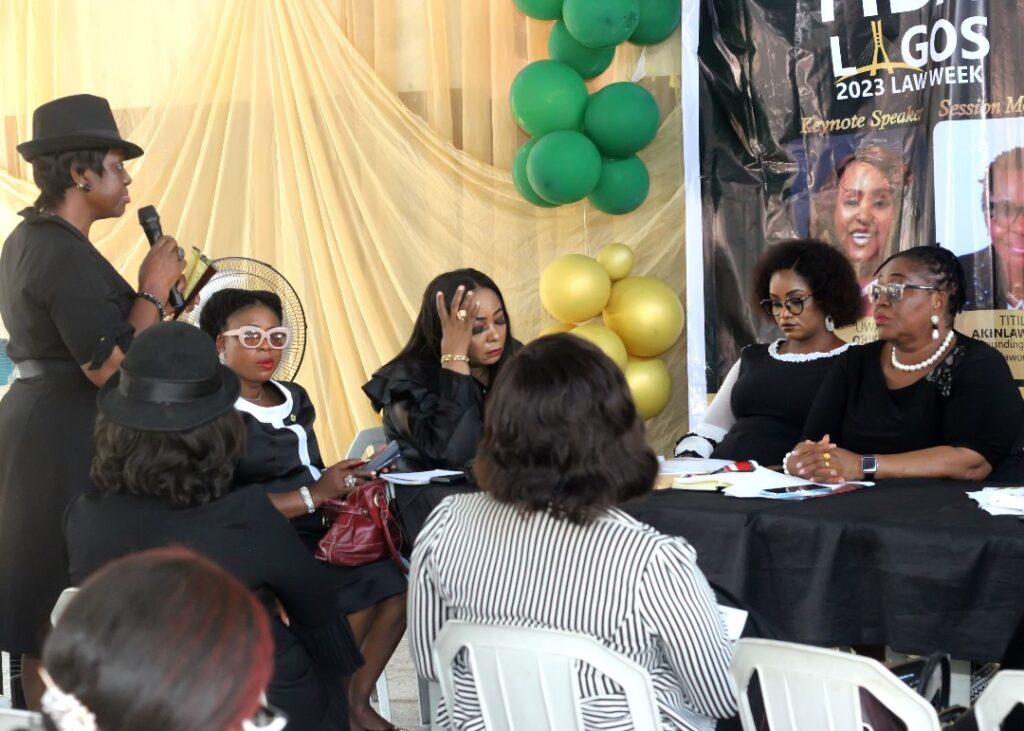
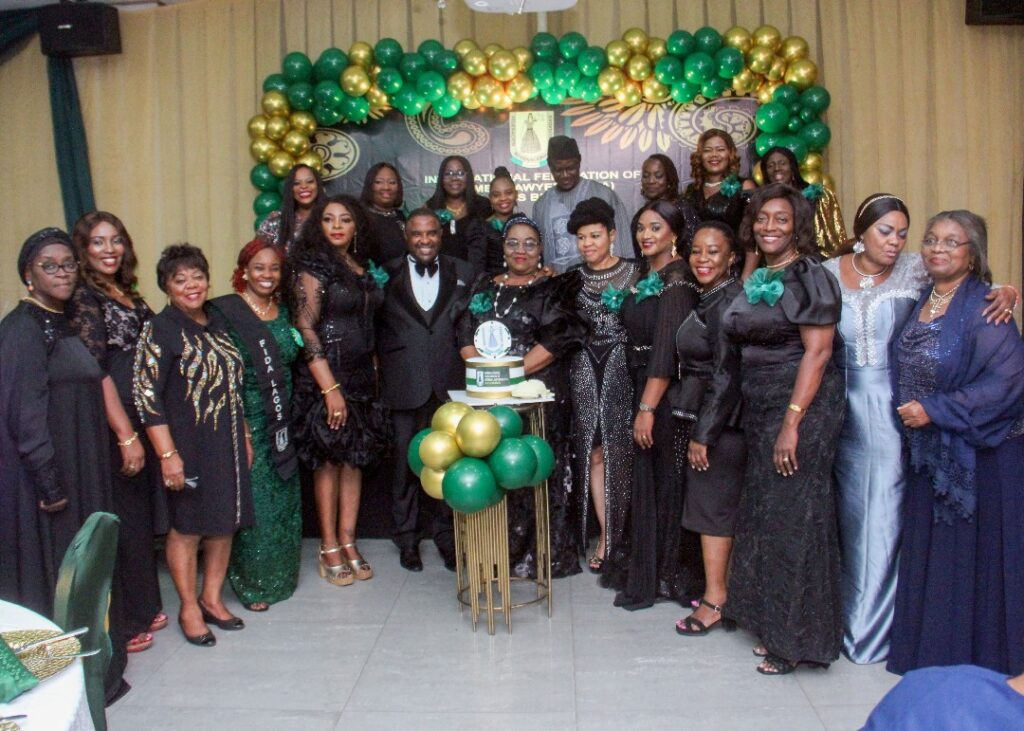
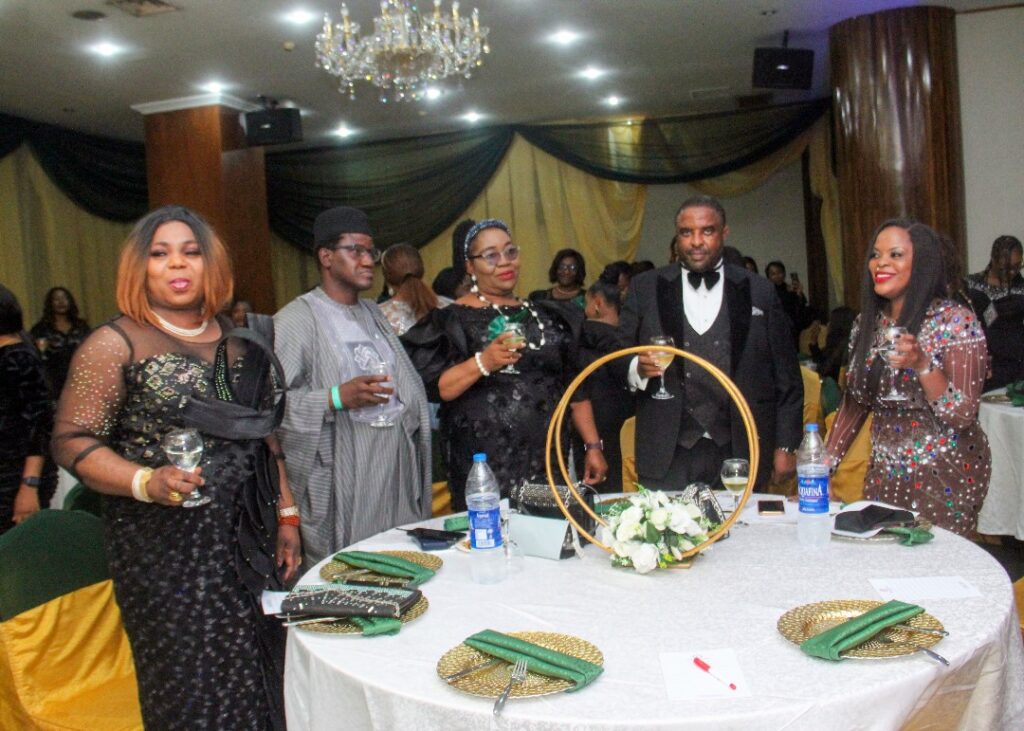
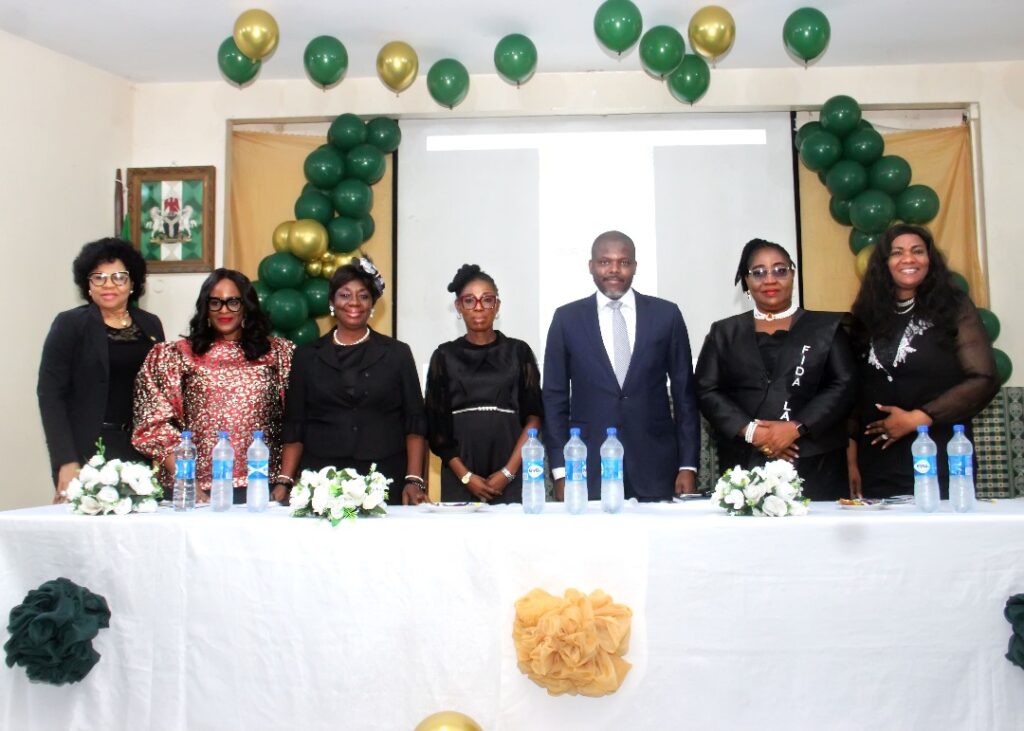
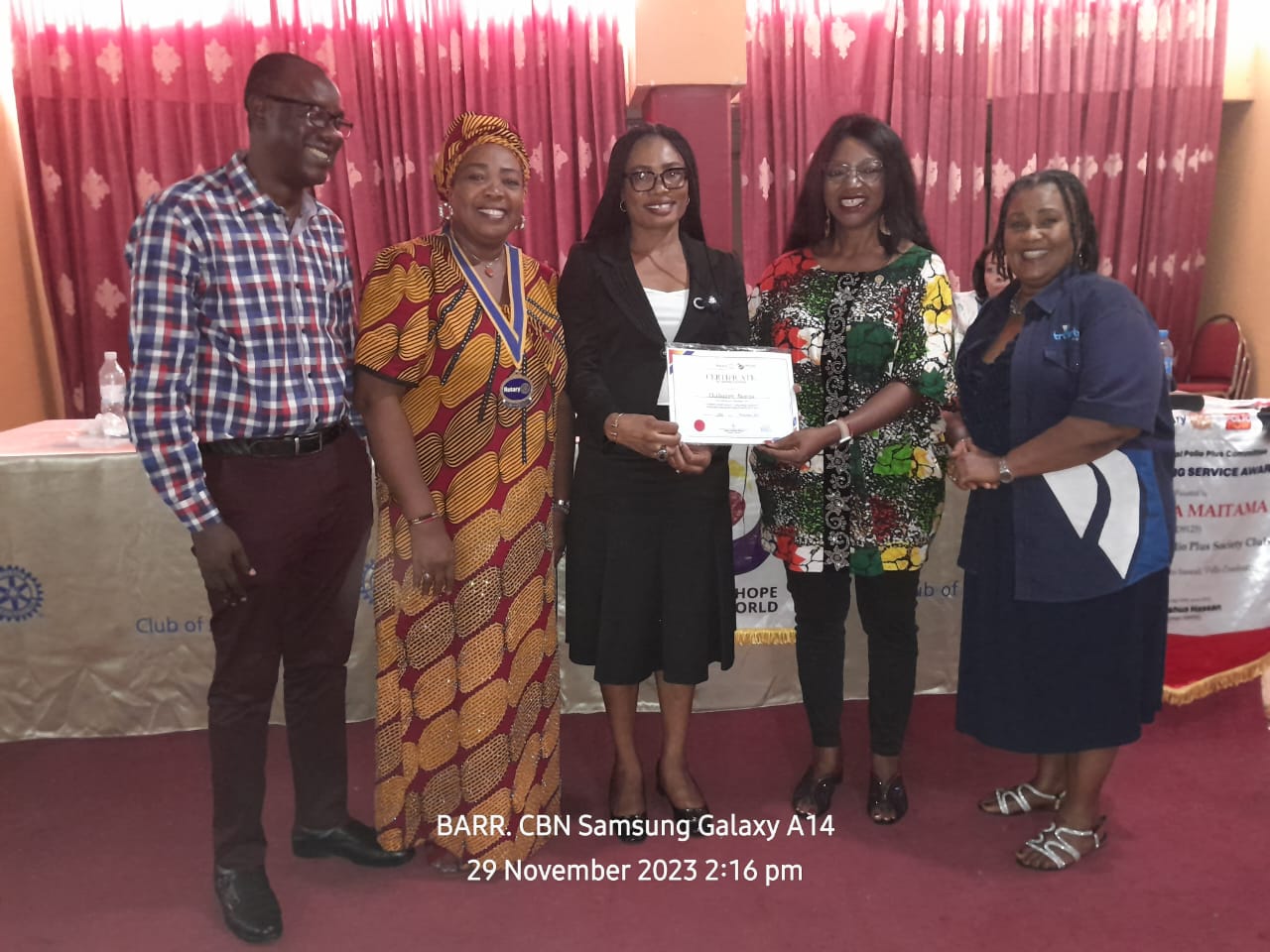
FIDA Abuja Empowers Rotary Club of Abuja with Knowledge on Combating Gender-Based Violence
In a proactive move towards raising awareness and fostering understanding on combating gender-based violence (GBV), FIDA Abuja extended its reach to the Rotary Club of Abuja’s weekly fellowship. The event, hosted by the President of the Rotary Club of Abuja, Rtrn. Ijeoma Agwu Joyce, took place on November 29, 2023.
The purpose of the meeting was to engage in discussions and promote actions aimed at preventing and addressing gender-based violence in society. Representing the FIDA Abuja Branch in the absence of the Chairperson, Vice Chairperson Francisca Akaniro Opara took the stage and delivered a compelling presentation on the topic “Know your Rights,” focusing on the Violence Against Persons Prohibition (VAPP) Act of 2015.
Vice Chairperson Opara highlighted the comprehensive nature of the VAPP Act, which prohibits all forms of violence against individuals in both private and public spheres. She emphasized that the Act provides maximum protection and effective remedies for victims/survivors of sexual and gender-based violence while ensuring the punishment of offenders. Opara urged every citizen to familiarize themselves with this crucial tool.
In showcasing FIDA’s commitment to the fight against gender-based violence, Vice Chairperson Opara elaborated on the organization’s advocacy and sensitization programs in communities. She underscored the importance of creating awareness about the provisions of the VAPP Act of 2015. Additionally, she shared the various solutions FIDA offers to GBV victims, including empowering women and girls, providing cash support, economic empowerment initiatives, educating the girl child, and offering counseling services (pro bono) as well as free legal representation in court.
The interactive session saw a plethora of questions from the engaged members of the Rotary Club, all of which were satisfactorily addressed by Vice Chairperson Opara. In a fitting conclusion to the insightful session, a certificate of appreciation was presented to the Chairperson of the FIDA Abuja Branch, Chibuzo Maureen Nwosu, with Vice Chairperson Opara graciously accepting it on her behalf. The collaboration between FIDA Abuja and the Rotary Club of Abuja serves as a commendable effort to collectively combat gender-based violence and foster a safer, more informed community.
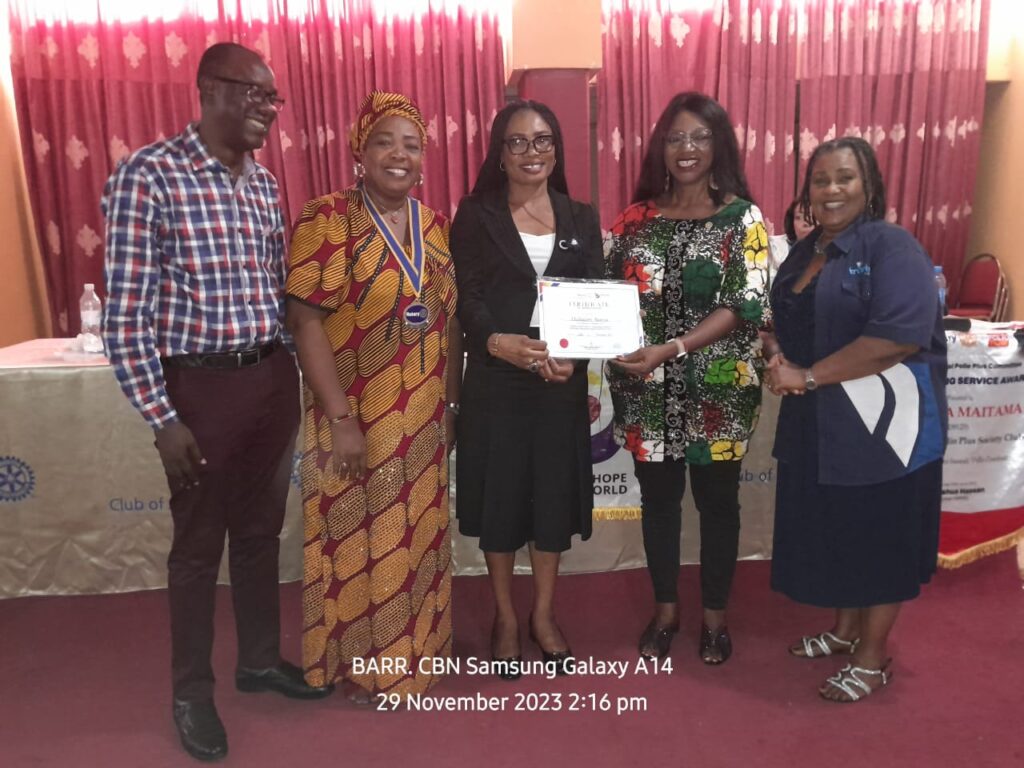
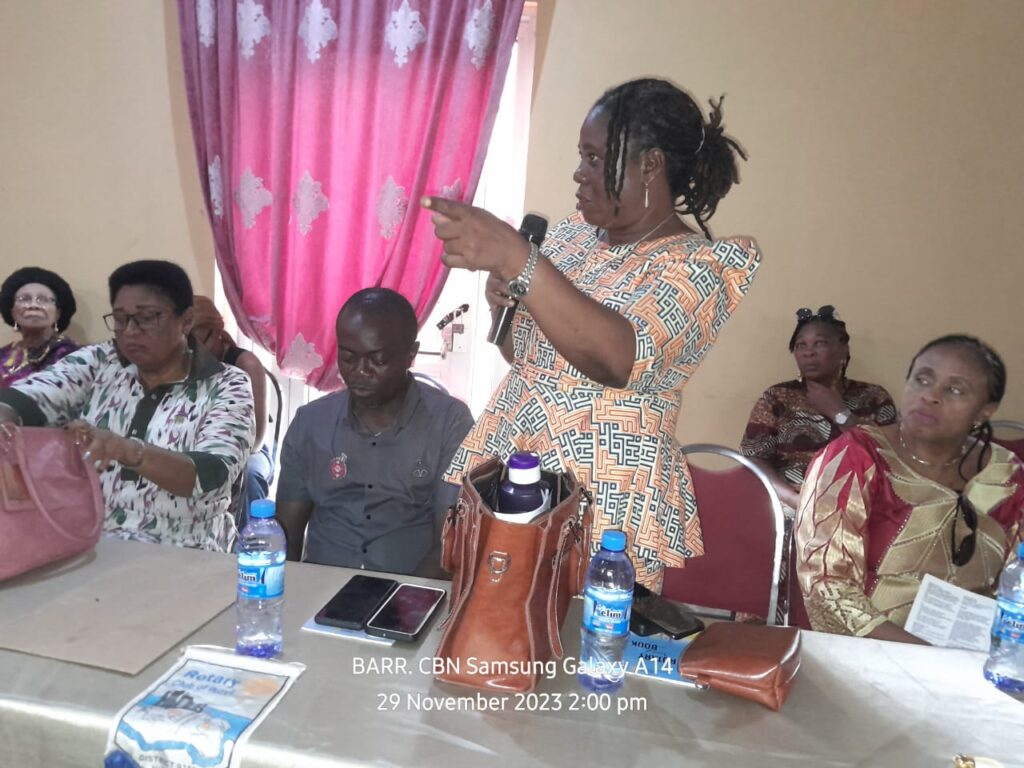
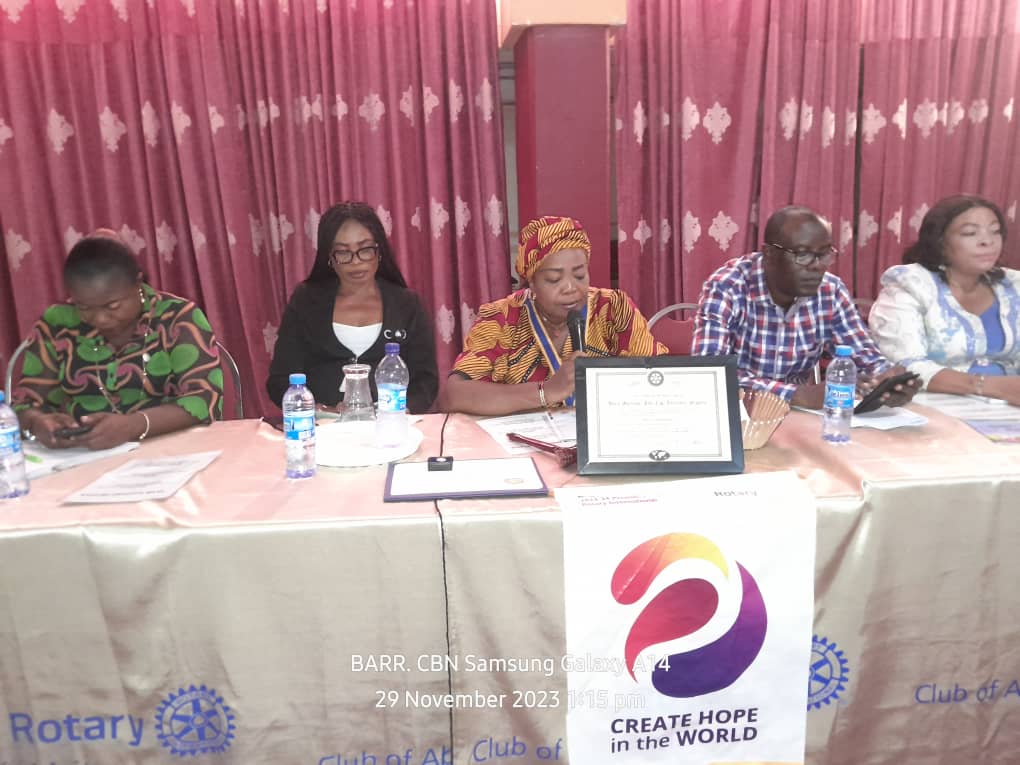
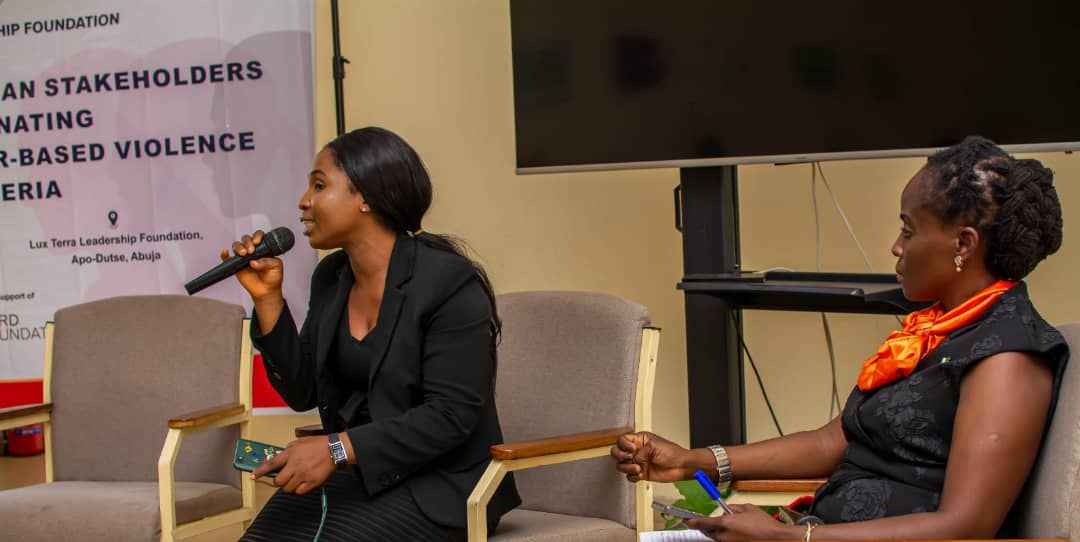
Empowering Change: FIDA Abuja Champions a Safer Society through SGBV Awareness and Advocacy
On November 28, 2023, the FIDA Abuja branch proudly accepted an invitation from the Lux Terra Leadership Foundation to participate in a series of training workshops aimed at eradicating Sexual and Gender-Based Violence (SGBV) in Nigeria. This event marked a crucial step in fostering awareness and empowerment during the 16 Days of Activism.
The workshops, strategically designed for Christian Religious leaders, Community Leaders, and Stakeholders, were geared towards equipping participants with the knowledge and skills necessary to eliminate SGBV in Nigeria.
Taking the stage as a special guest speaker, FIDA Abuja’s Publicity Secretary, Olosen Victoria Ibiezugbe, provided valuable insights into the key provisions of the Vapp Act and elucidated on the mechanisms for reporting SGBV cases. In emphasizing FIDA’s pivotal role in the fight against SGBV, she highlighted collaborative efforts with the Police, NAPTIP, and other organizations, underscoring the organization’s commitment to combatting SGBV through sensitization and awareness initiatives in the FCT communities.
To facilitate the prompt reporting of SGBV cases, the Publicity Secretary shared FIDA’s rapid response numbers and those of relevant agencies. She urged participants to consider reporting such cases a social responsibility and suggested the establishment of a Gender Desk in churches to streamline reporting processes. Importantly, she emphasized the need for respecting survivors’ rights to safety, confidentiality, and non-discrimination.
As a notable outcome, it was collectively decided at the close of the event that Clerics and Stakeholders would mobilize teams within their communities to actively combat SGBV. This resolution reflects a shared commitment to creating safer environments and fostering positive change.
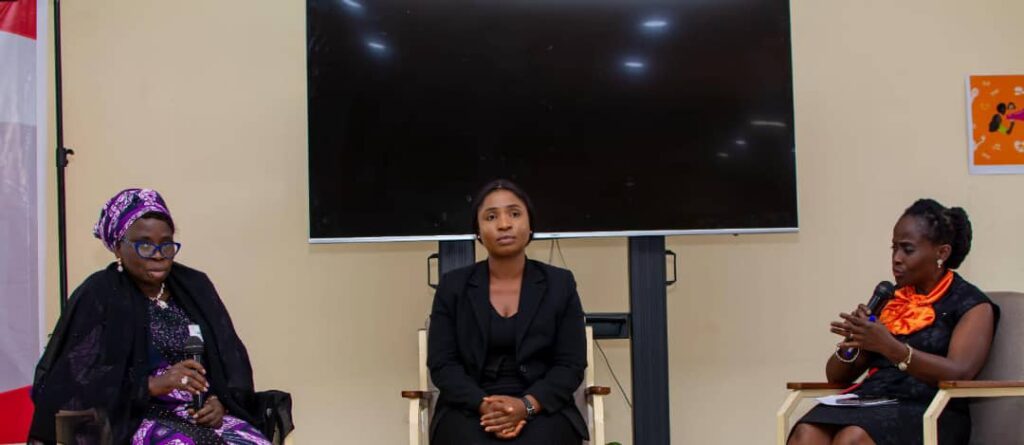
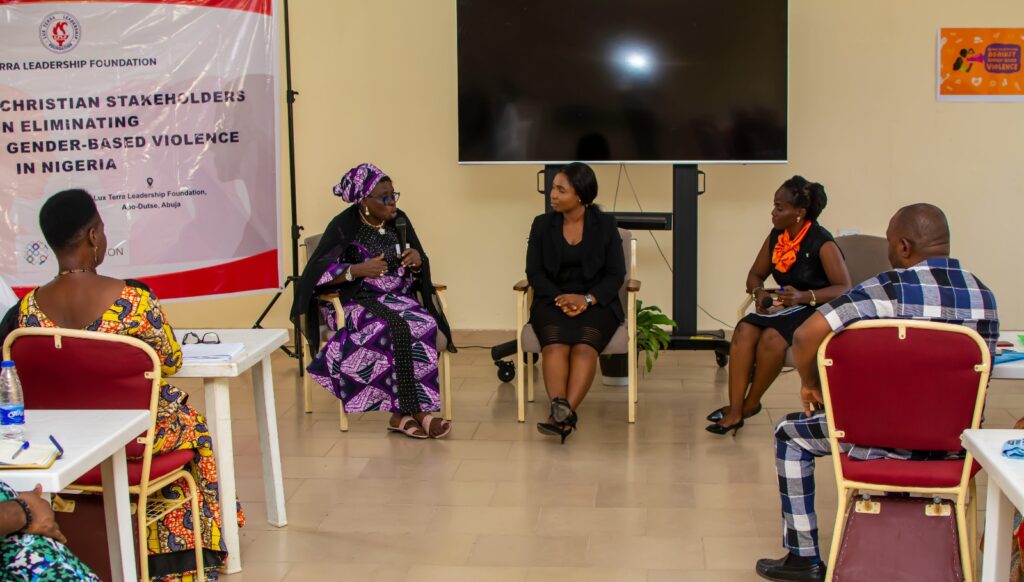
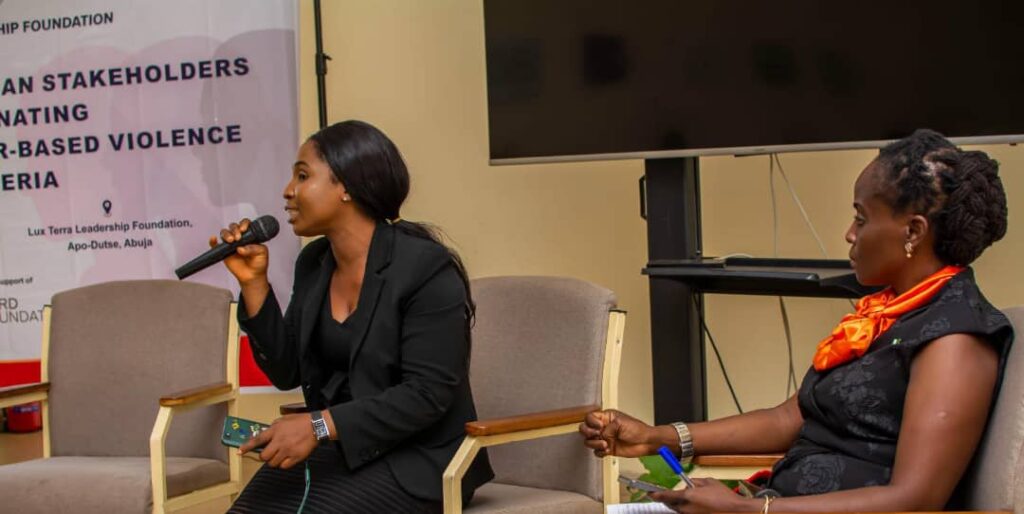
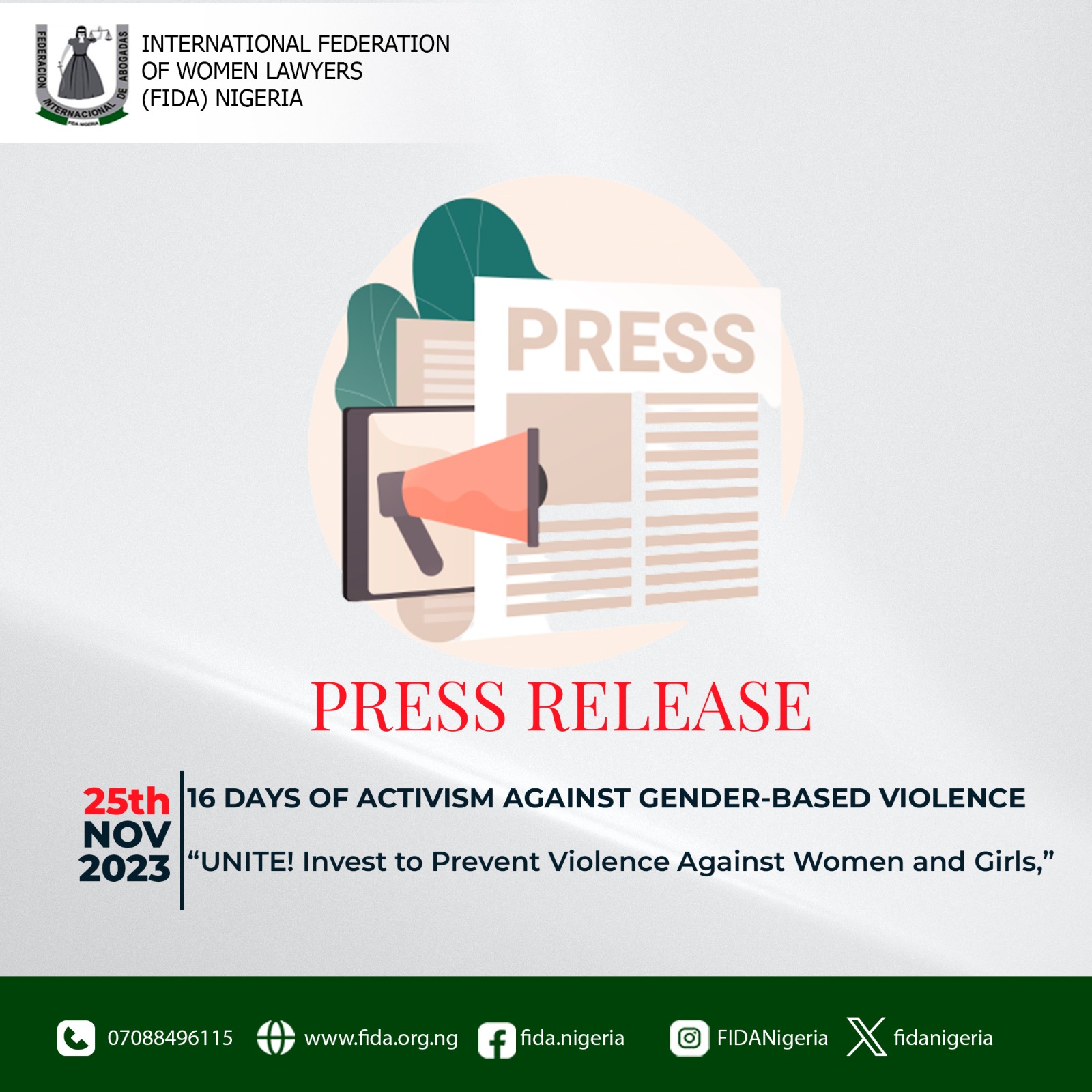
16 DAYS OF ACTIVISM AGAINST GENDER-BASED VIOLENCE “UNITE! Invest to Prevent Violence Against Women and Girls,”
The International Federation of Women Lawyers – FIDA Nigeria, lends its voice to the global call
to create a world free from violence by joining the international community to observe the 16
Days of Activism Against Gender-Based Violence which is an annual campaign that runs from the
25th of November (International Day for the Elimination of Violence against Women), until the
10th of December (Human Rights Day).
The 16 Days of Activism campaign serves as a powerful rallying cry to individuals and
organizations worldwide to address, prevent, and eradicate one of the world’s most persistent
violations of human rights, which is violence against women and girls. This campaign gained
momentum in 2008 when the United Nations Secretary-General launched the UNITE by 2030
campaign, running parallel to the 16 Days of Activism.
The Campaign theme for 2023, “UNITE! Invest to Prevent Violence Against Women and Girls,”
is a profound call for action to end violence against women and girls which has been an endemic
and continuous scourge. This call underscores the critical need for state actors to raise awareness
about gender-based violence, galvanize advocacy, and share knowledge and innovations to end
violence against women and girls while also challenging discriminatory attitudes and policies.
This year’s UNITE campaign theme aligns with the 2024 theme of the Commission on the Status
of Women (CSW68) “Accelerating the achievement of gender equality and the empowerment
of all women and girls by addressing poverty and strengthening institutions and financing with
a gender perspective”.
As champions for the protection of women’s rights, FIDA Nigeria has from time immemorial
leveraged its legal expertise and global advocacy fora to advocate for these rights through the
prevention and mitigation of incidences of violence against women and girls. This is achieved
using widespread advocacy and legal framework to push for reforms that strengthen protection
against gender-based violence. Sadly, despite the plethora of laws in existence to combat
violence against women and girls, weak enforcement and discriminatory social norms remain
significant hindrances to their effectiveness.
FIDA’s impact extends to grassroots communities through a significant increase in the number of State Branches that carry out legal clinics, sensitization and outreach programs to foster awareness, educate on rights and dismantle stigmas associated with gender-based violence. Survivors of gender-based violence are assured of getting justice through free legal assistance and the necessary empowerment to reconstruct their lives.
FIDA Nigeria remains steadfast in its commitment to prevent violence against women and girls
and calls on Government, the Private sector, Civil society organizations, the Media and indeed all
stakeholders to amplify their commitments and investments for improved laws and violence
prevention. Gender-based violence is a global problem that requires concerted global action! We
need to all join hands to build a safe and more inclusive world for women and girls.
Let us therefore UNITE and invest in a future for women and girls that is completely free from
the grim scourge of gender-based violence!
Signed
Amina Suzanah Agbaje, (Mrs.)
Country Vice President/National President
FIDA Nigeria
endGBV #Stoptheviolencenow #16daysofactivism. #Fidanigeria
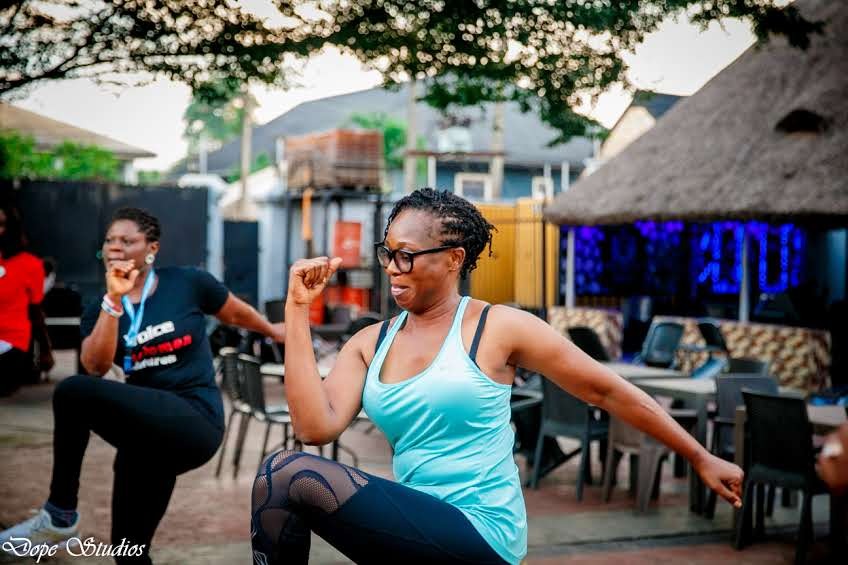
Empowering Minds and Bodies: FIDA Nigeria’s 2023 AGC Strikes a Balance Between Legal Discourse and Physical Well-being!
As it is customary for every FIDA conference, in addition to intellectually invigorating discourse lined up, attention is paid to the mental and physical well-being of delegates and the 2023 Annual General Conference of FIDA Nigeria was no exception. On Friday, 24th of November 2023, an exhilarating session of Aerobics set the tone for physical exercises that got hearts pumping.
Delegates grooved to the aerobic beats and unleashed waves of positive vibes to keep mind, body and spirit in tip-top shape!
The Annual General Conference wasn’t just about legal conversations; it was about breaking barriers, embracing wellness, and fostering a community of empowered individuals. It redefined the word “Conference” as a fusion of fitness, fun and stimulating dialogue that left delegates buzzing with energy!
Missed the action? Don’t worry; we have highlights of the event ready for you! Stay tuned for a dose of the awesomeness of the FIDA Nigeria 2023 AGC!
Kindly access the provided hyperlink to view additional photographs
https://photos.app.goo.gl/1K8egX8pFzuXtQMW6
FIDANigeria #AGC2023 #Aerobics
Allencompassingfitness #FitandProper #FitAndFierce
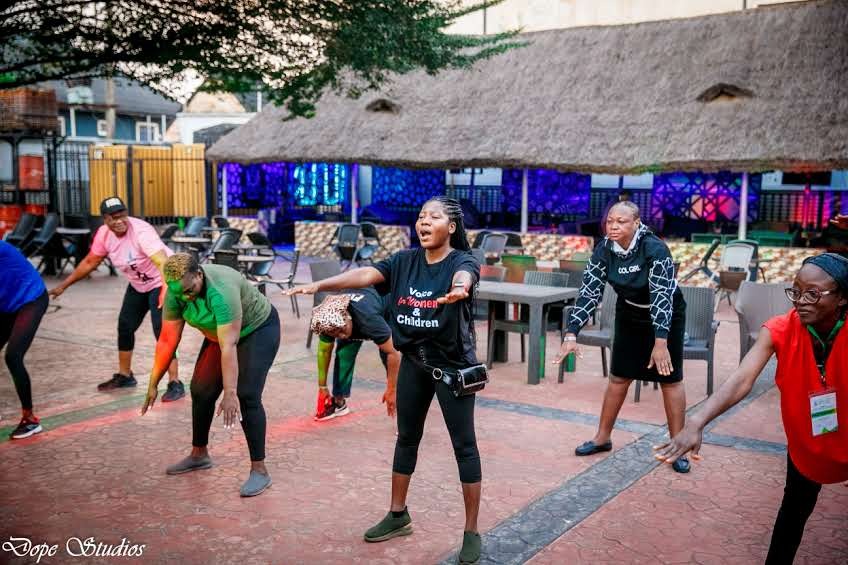
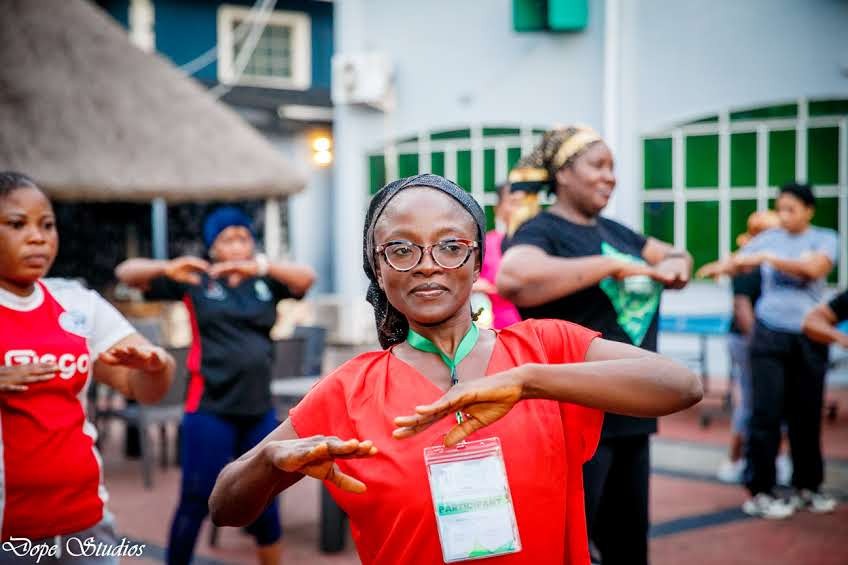

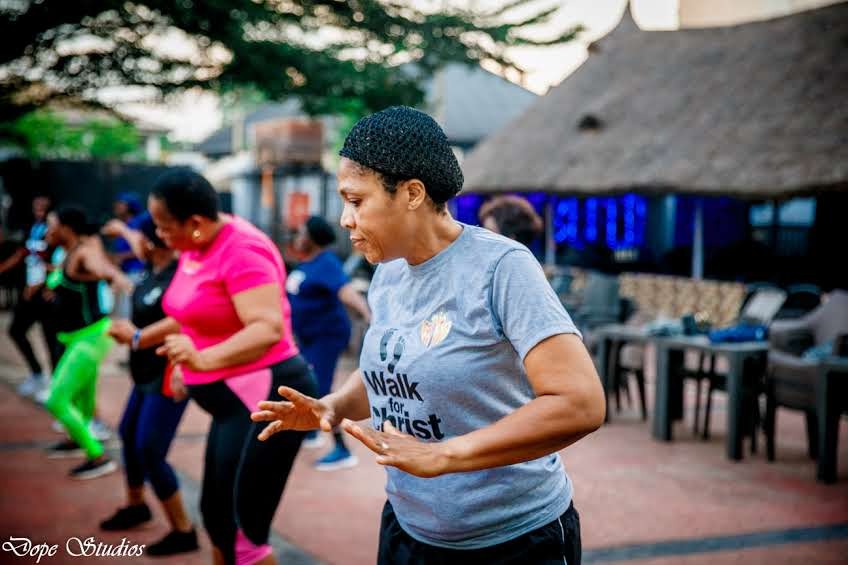
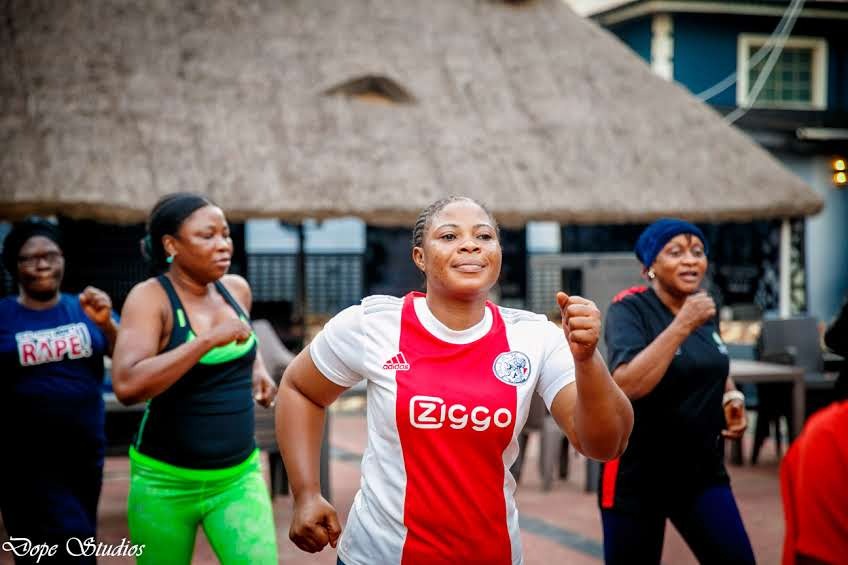
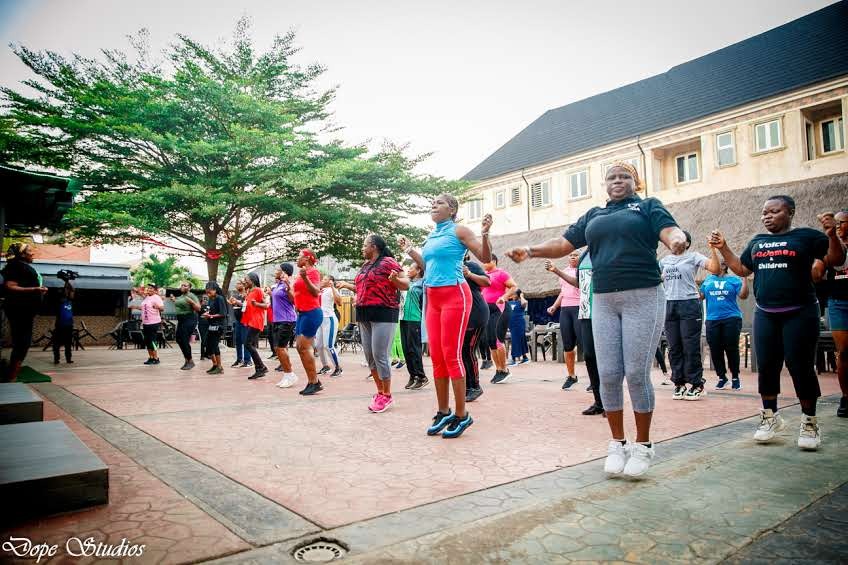
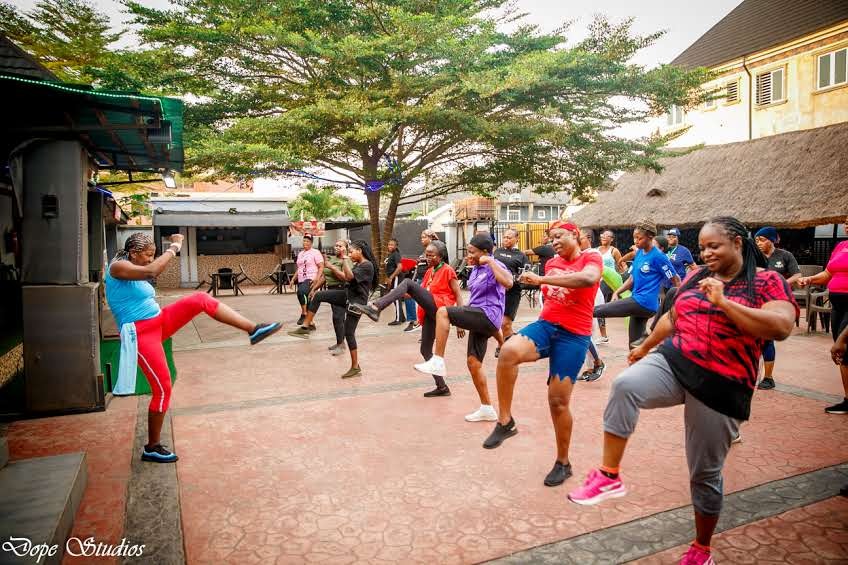
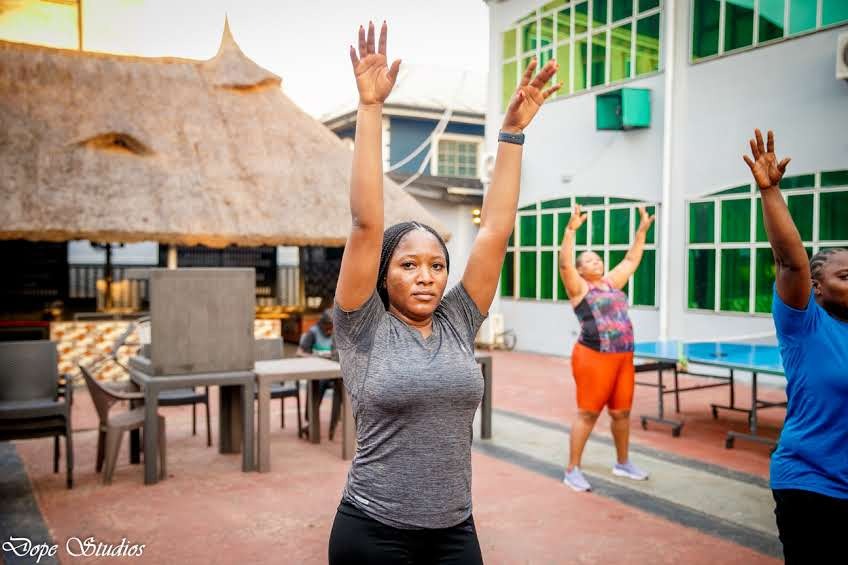
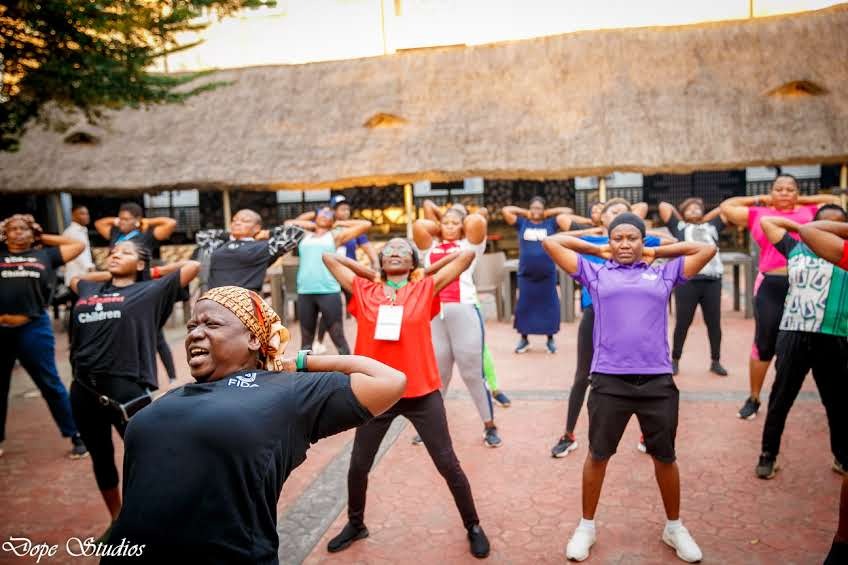
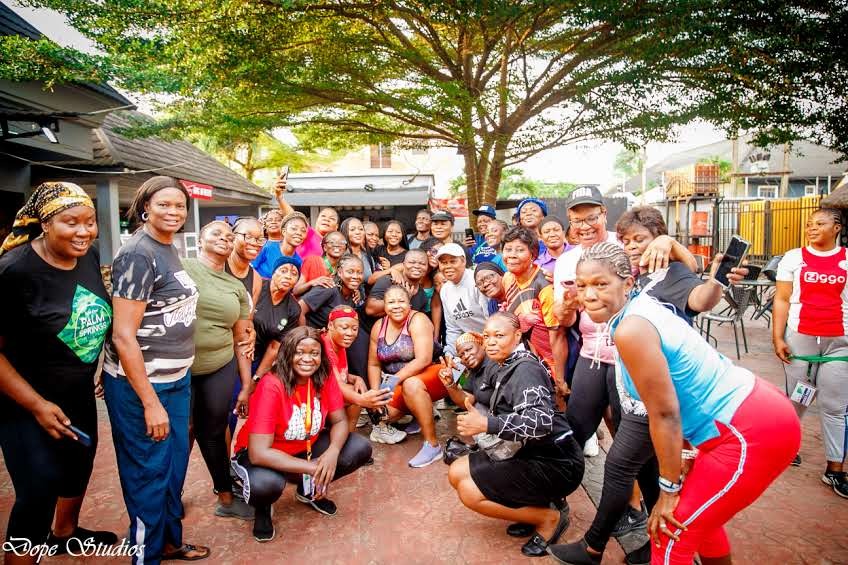
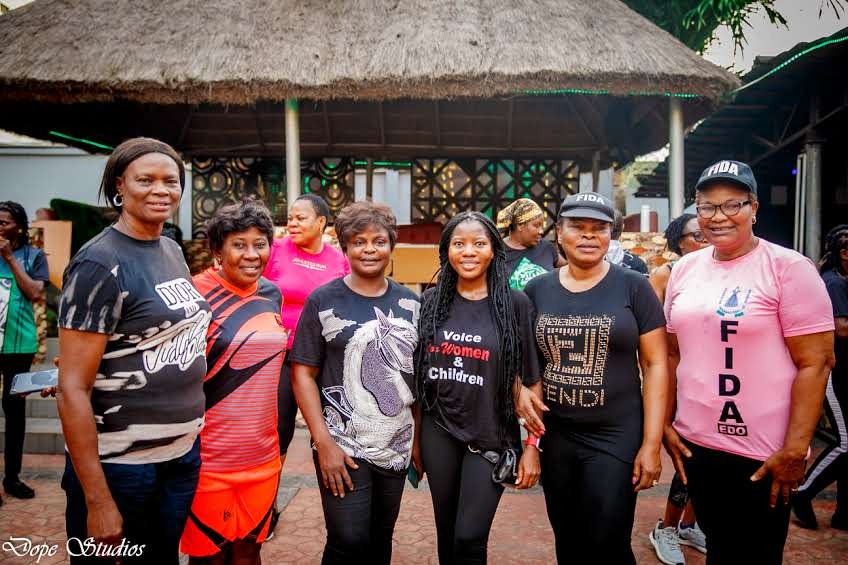
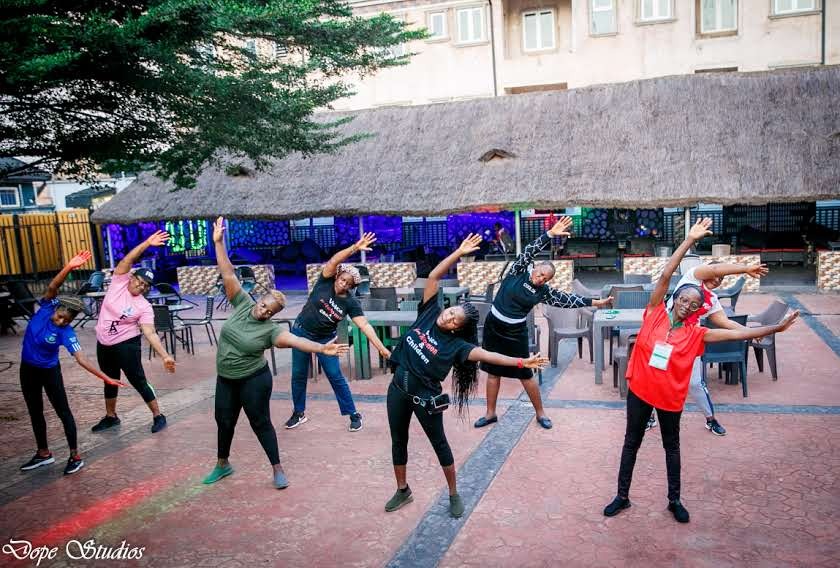
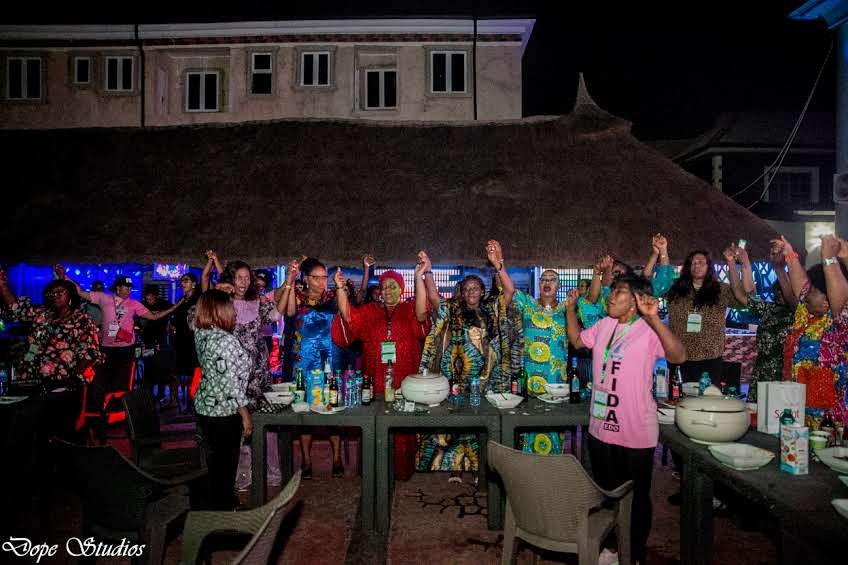
Edo State Radiates Elegance as FIDA Nigeria Launches 2023 Annual General Conference with Grand Welcome Cocktail
FIDA Nigeria 2023 Annual General Conference kicked off with a befitting welcome cocktail on Wednesday, 22nd November 2023 in the ancient city of Benin, Edo State.
Edo State Branch of FIDA Nigeria rolled out the red carpet for an epic welcome cocktail which was graced by the Country Vice President/National President FIDA Nigeria, Amina Suzanah Agbaje, and members of the National Executive Committee. In attendance also were other notable personalities including the past Regional Vice President (North & West Africa) Chief Mrs. Victoria Olufunmilayo Awomolo SAN, Past National officers, the Chairman of NBA Benin Branch, and a host of other distinguished persons and delegates to the Conference who added glitz and glam to the welcome cocktail. It was indeed an evening of relaxation, entertainment, warm camaraderie, and connecting with fellow delegates while enjoying the music from the performance of the live band. It was a tranquil and beautiful event which set the tone for the annual general conference.
FIDANAGC #NetworkingMagic #FIDAFamily
Kindly access the provided hyperlink to view additional photographs
https://photos.app.goo.gl/7d7b6KQdFyS6WaFo9
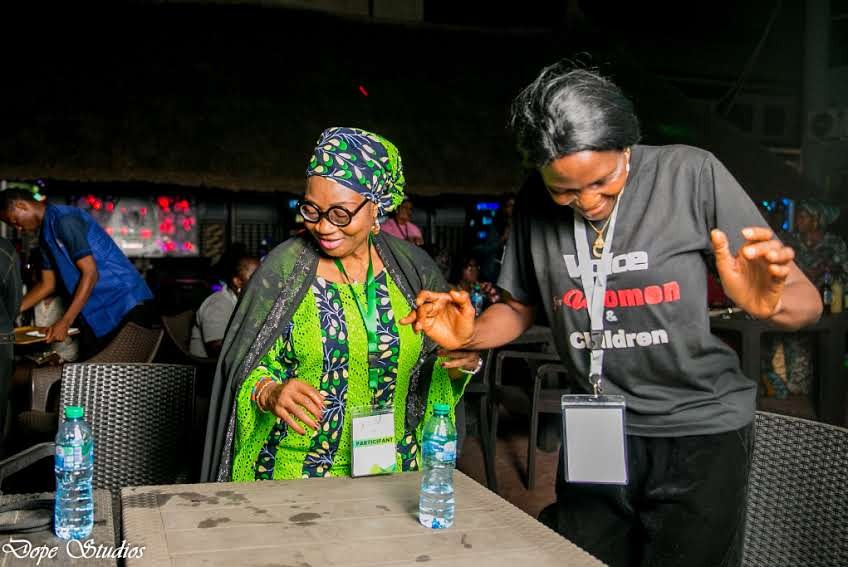

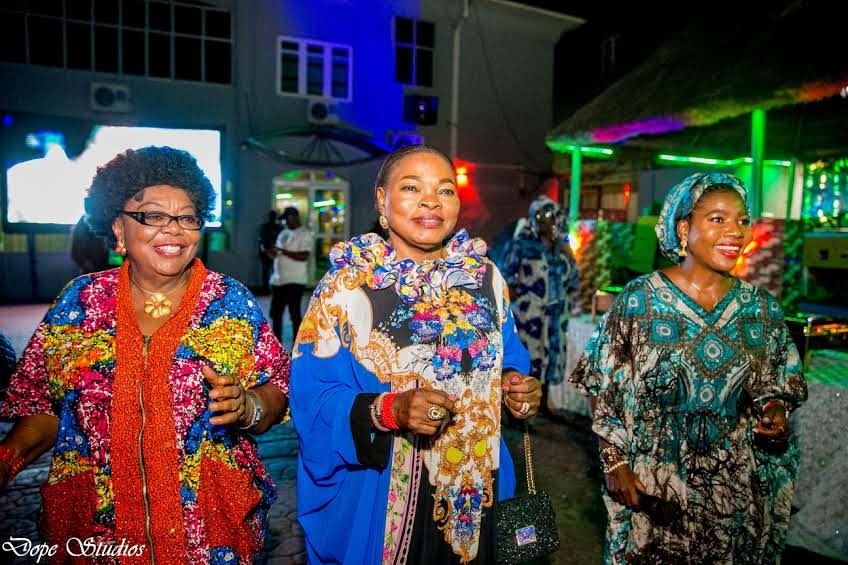
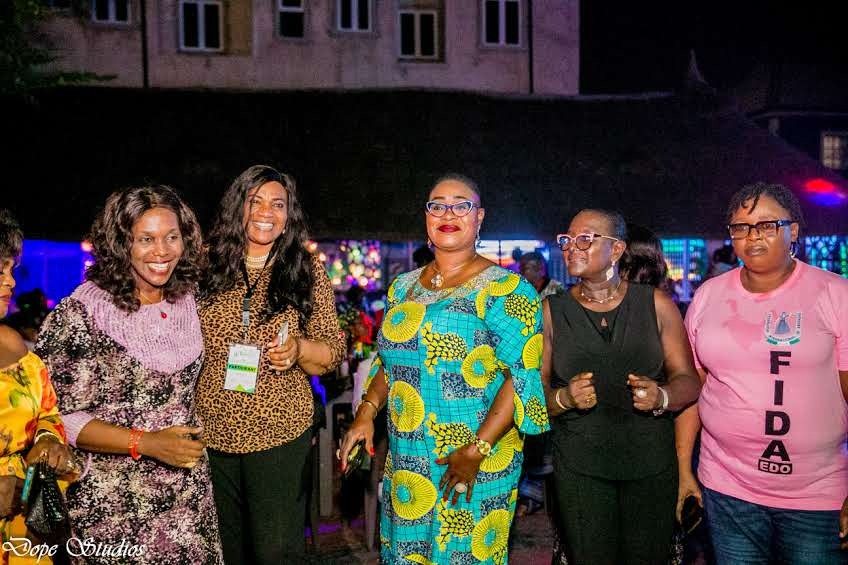
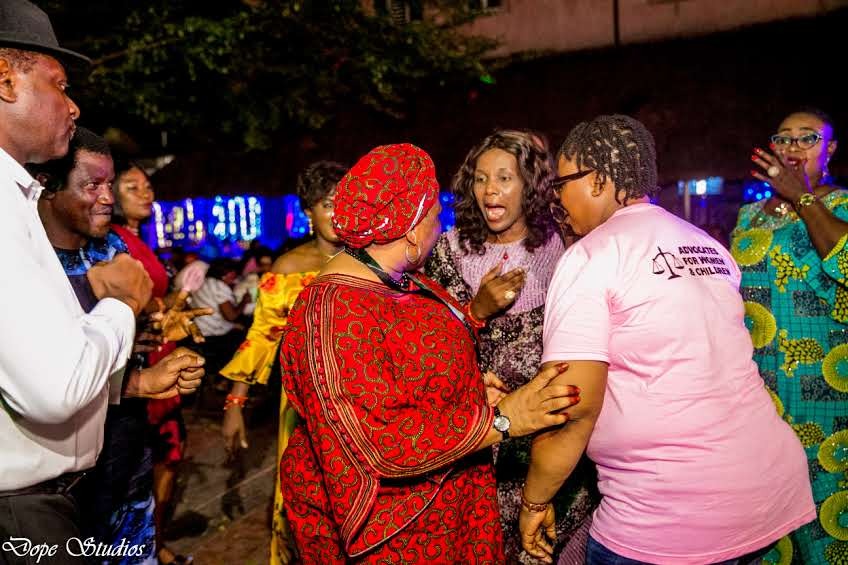
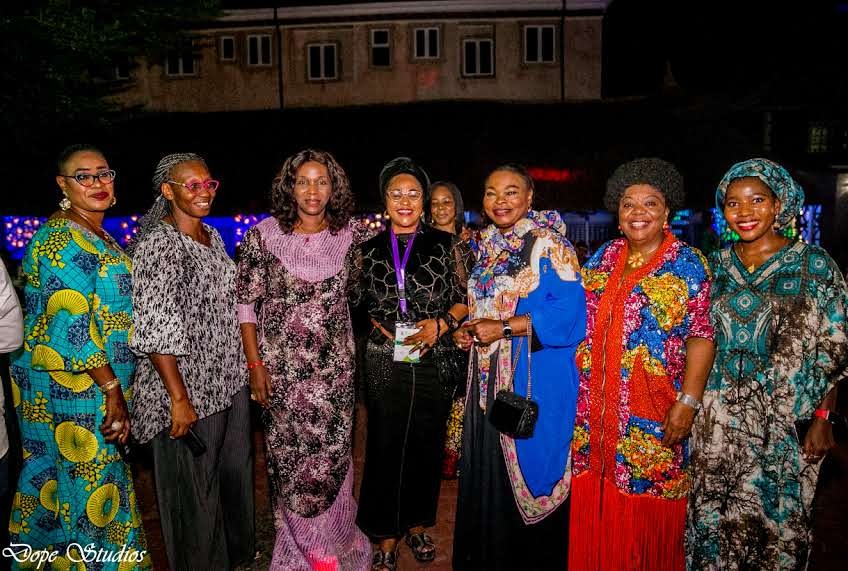
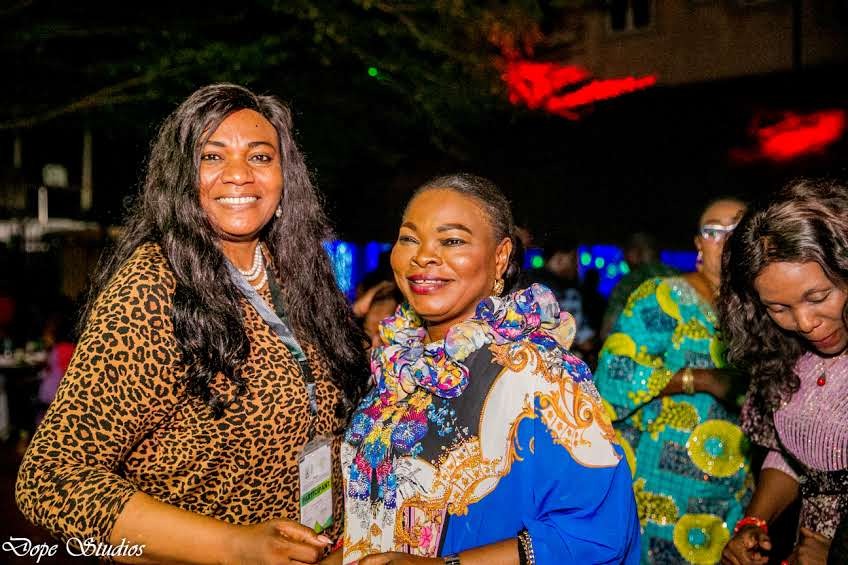
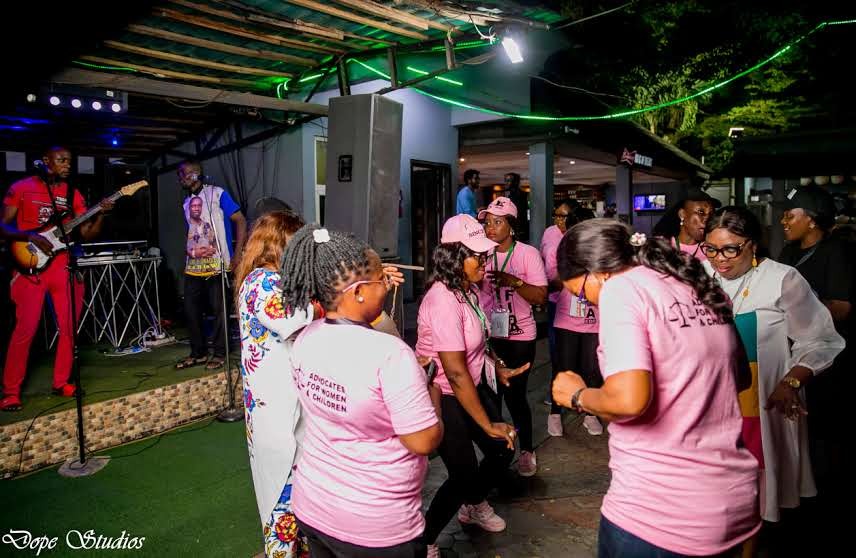
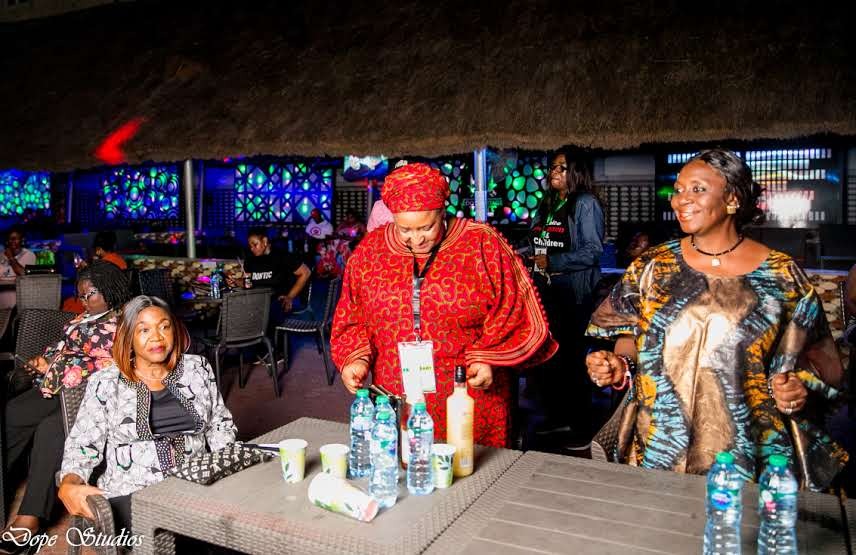
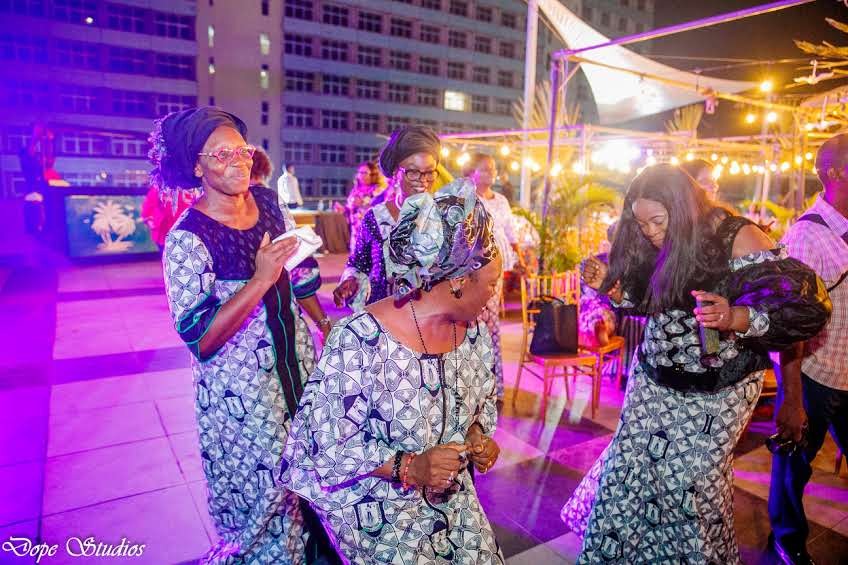
A Night of Elegance and Tradition at FIDA Nigeria’s AGC 2023 Cultural Spectacle Hosted by Her Excellency Mrs. Betsy Obaseki
Hosted by the amiable and progressive First Lady of Edo State, Her Excellency Mrs. Betsy Obaseki, the Cultural Night of FIDA Nigeria AGC which held during the pendency of the 2023 Annual General Conference on Thursday, 23rd of November 2023 transformed into a dazzling spectacle of glitz, glamour and cultural sophistication at the Rooftop of the Edo State Secretariat.
Invited guests, Delegates and Participants to the Annual General Conference flooded the venue, and a sea of stunning FIDA official attires and gorgeously adorned traditional outfits turned the night into a visual feast!
But it wasn’t just about the fashion! The audience were transported into another world by the rich cultural tapestry of the Edo people—exploring tribes, languages, foods, and more, and oh, the Edo cultural troupe took the stage adorned in their beautiful traditional regalia, showcasing mesmerizing tribal dance steps which brought color and heightened entertainment to the cultural night.
The highlight of the night was the culinary delight that guests were treated to, taking them on a decadent journey through the state’s delightful delicacies!
It was indeed a night of cultural extravaganza, one that will re Main evergreen in the hearts and memories of all those you attended. The cultural night showcased the extraordinarily vibrant heritage and way of life of the good people of Edo state. Little wonder that Edo state is popularly known as the ”Heartbeat of the Nation”. The event was a testament of the beautiful culture and vibrancy of the Nigerian people which is replicated all over Nigeria via the various tribes and culture of its people!
Kindly access the provided hyperlink to view additional photographs
https://photos.app.goo.gl/UyNHX5zXzuVeAzRQ8
FIDANigeria #CulturalNight #Culture&TraditionOndisplay #EdoState #AGC2023

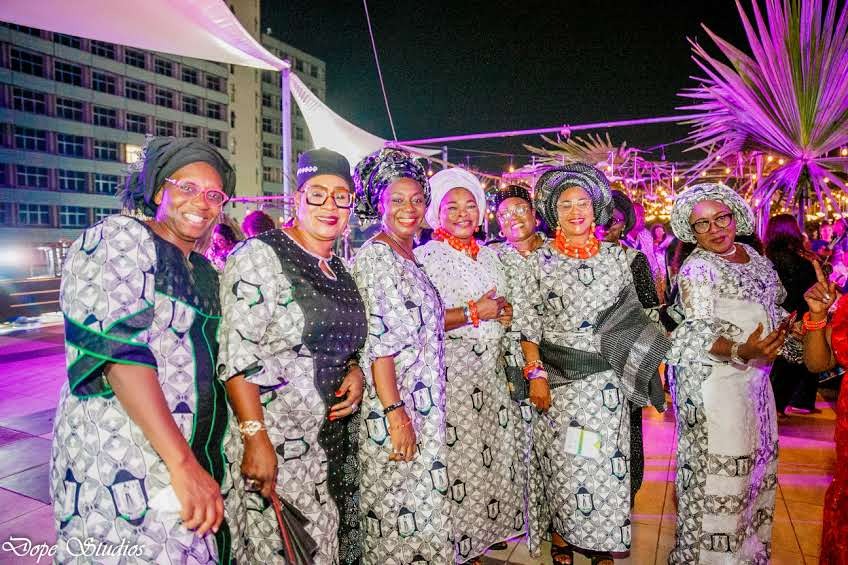
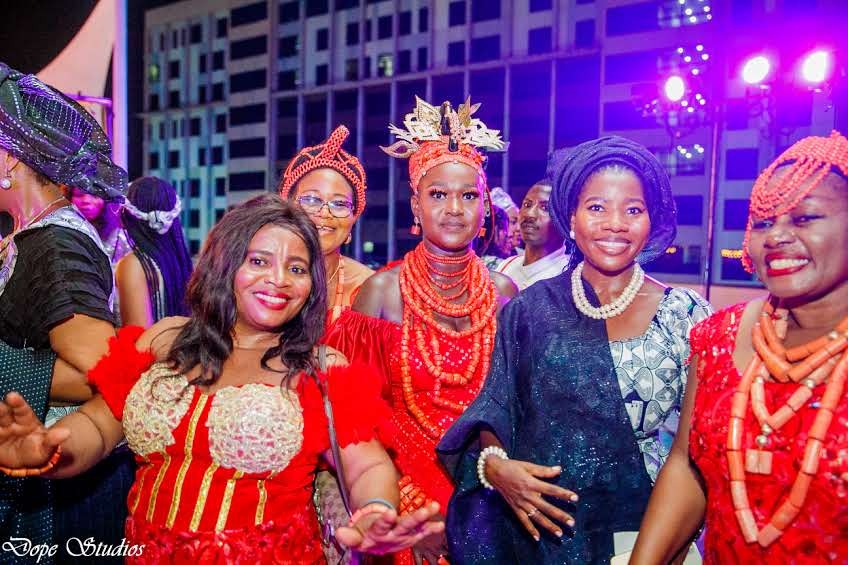
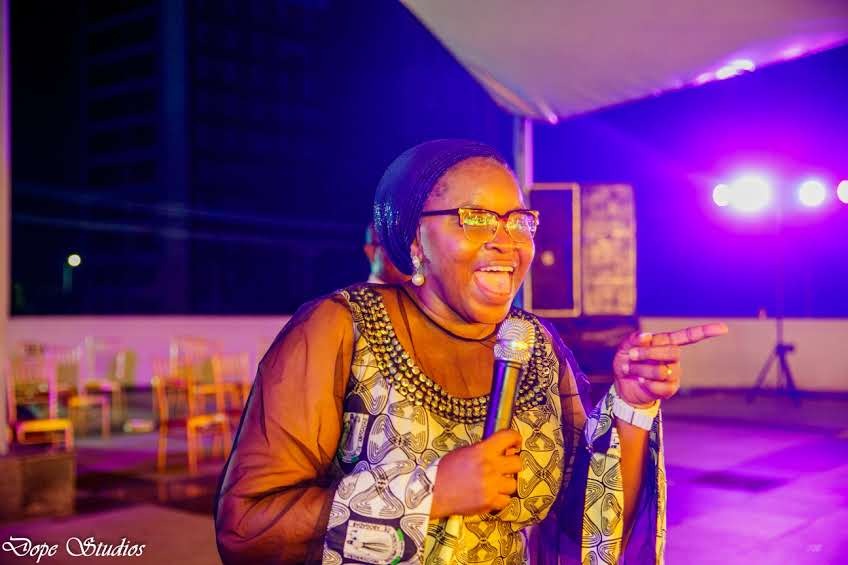
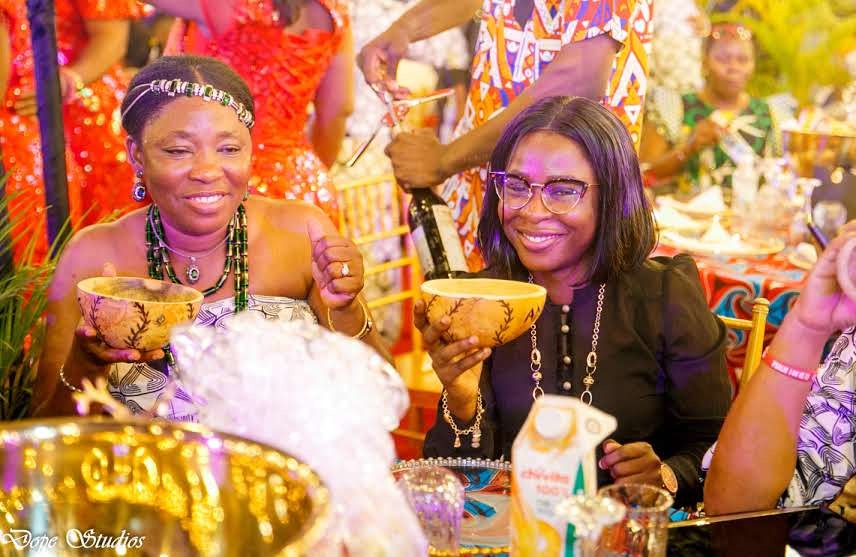
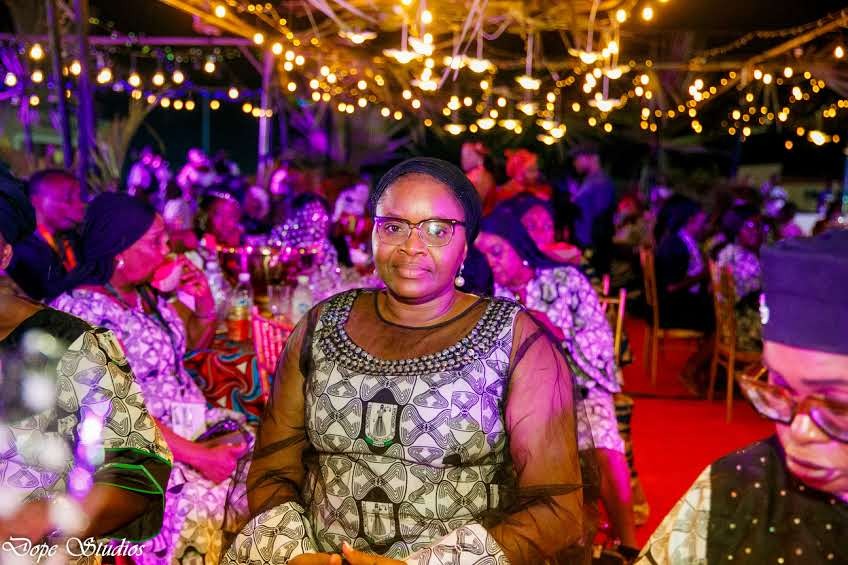
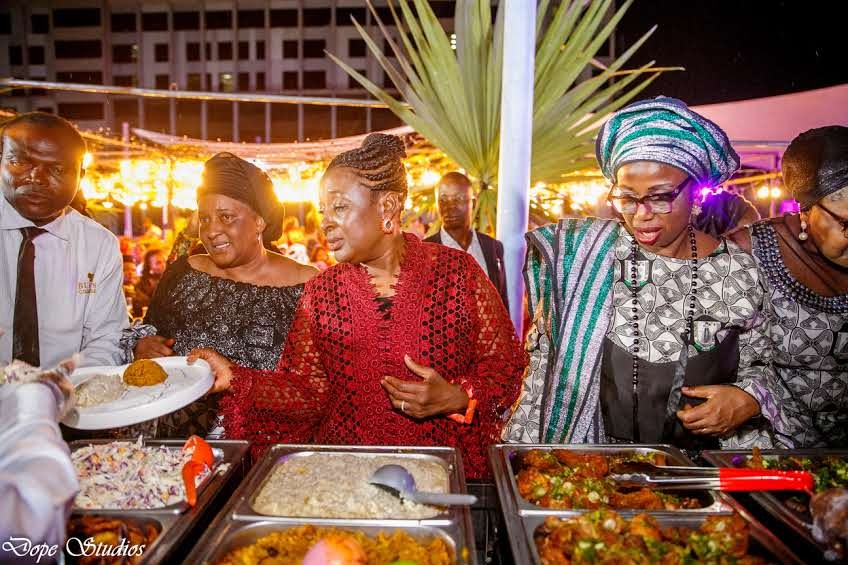
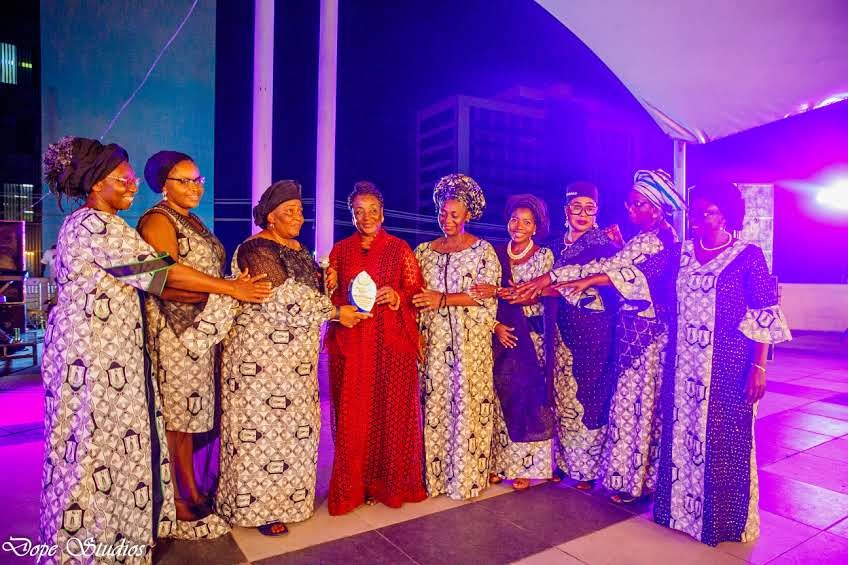
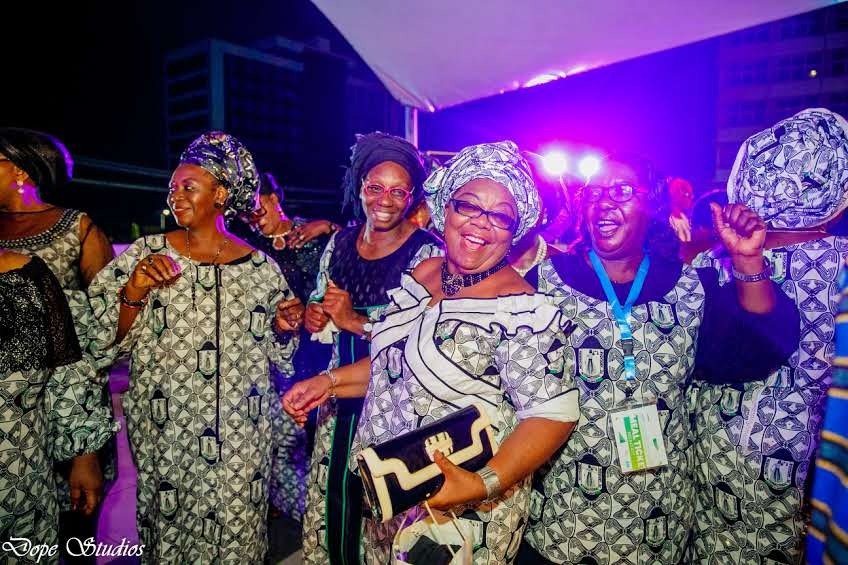
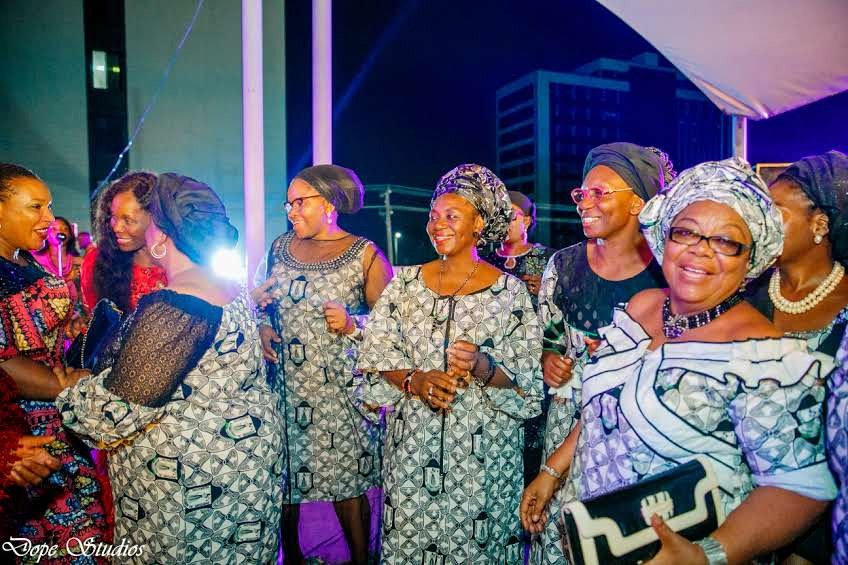
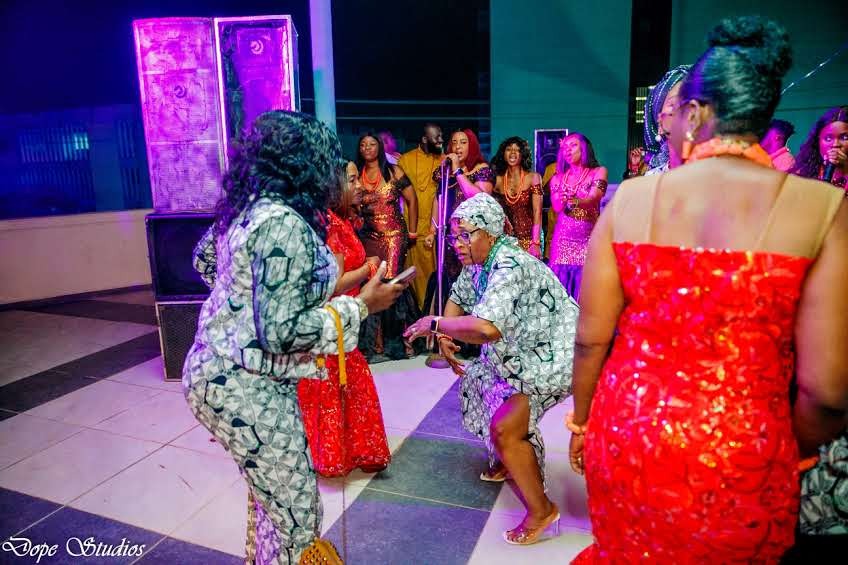
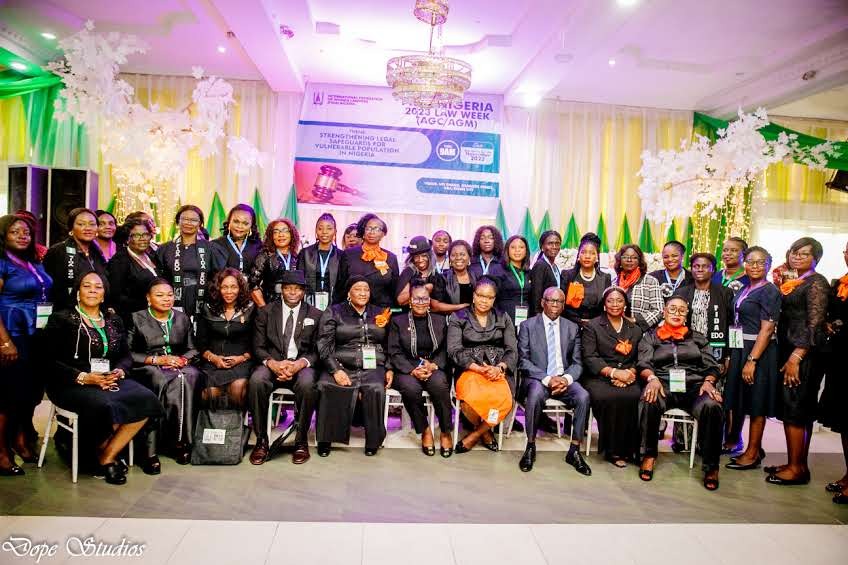
FIDA Nigeria’s 2023 Annual General Conference Kicks Off with Resounding Call for Legal Empowerment
The Opening Ceremony of FIDA Nigeria 2023 Annual General Conference with the theme “Strengthening legal Safeguards for Vulnerable Populations in Nigeria” held at the prestigious Uyi Grand Event Center in Benin, Edo State on Thursday, November 23, 2023.
The tone for a transformative conference was set by the Country Vice President/National President, Amina Suzanah Agbaje who in her opening remarks reiterated that the discussions and plenary of the conference resonated around strategies to fortify legal safeguards for the vulnerable populations in Nigeria.
Distinguished personalities in attendance at the opening ceremony included Her Excellency Mrs. Betsy Obaseki, First Lady of Edo State who was ably represented by the Deputy Speaker RT. Hon Marie Omozele Edeko; Hon. Chief Judge of Edo State Judiciary, Hon. Justice D.I Okungbowa represented by Hon. Justice N. Imokhuede; Hon. Justices of the Customary Court of Appeal; Hon. Attorney General and Commissioner of Justice Edo State, Mr. Oluwole Osaze-Uzzi; Members of the Edo State House of Assembly; Permanent Secretary Edo State Ministry of Art, Tourism and Diaspora Affairs, Iryn Omorogiu Esq; Country Vice President FIDA Nigeria, Amina Suzanah Agbaje and members of the National Executive Committee; Chairman NBA Benin Branch; Representatives of the Royal Palace; Civil Society Organizations and Partners which included Federation of Muslim Women of Nigeria (FOMWAN); Conference of Non-Governmental Organizations (CONGOS); Society for Awareness & Family Initiative (SAFI) and Joint National Association of Persons with Disabilities (JONAPWD). Commander of Narcotics NDLEA Edo Command, Mr. Buba Wakawa represented by Asst. Commander of Narcotics NDLEA, ACN Ondotimi Austine Bebetu; was amongst the distinguished personalities at the event.
The Chair of the Occasion, Chief Mrs. Victoria Olufunmilayo Awomolo SAN, a past Regional Vice President, (RVP North & West Africa) brought the needed charisma and added some panache to the event.
The opening ceremony thereafter seamlessly transitioned into a Media Parley with members of the Press wherein the Country Vice President Amina Suzanah Agbaje made a strong call to action to members of the Fourth Realm of the Estate (the Media) to support the pro-bono legal work that FIDA does by amplifying their collective voices and showcasing deep-seated commitment as partners in progress to the mandate of FIDA!
Kindly access the provided hyperlink to view additional photographs: : 👇🏿👇🏿
https://photos.app.goo.gl/xEwGbyffquULVMB17
2023FIDAAGC #FIDANigeria #EmpowerThroughLaw #StrengtheningLegalSafeguards #VulnerablePopulations #OpeningCeremon
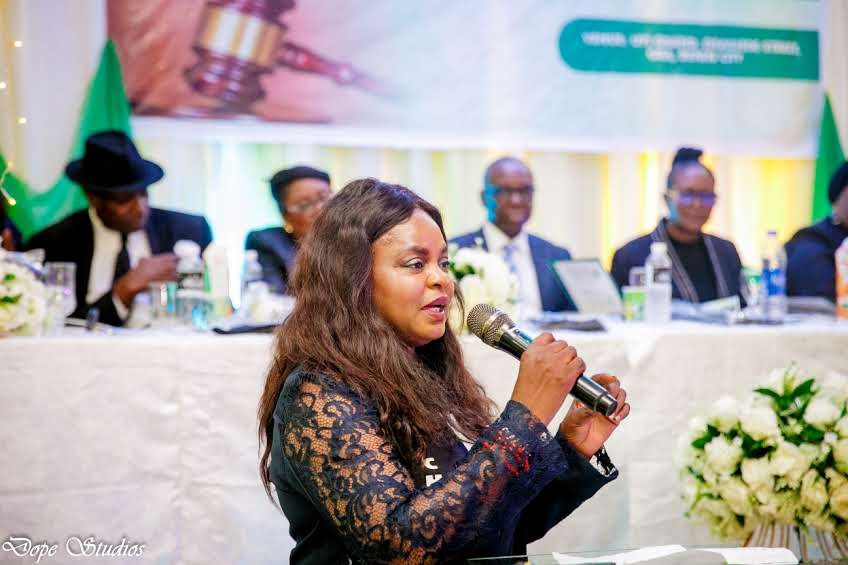
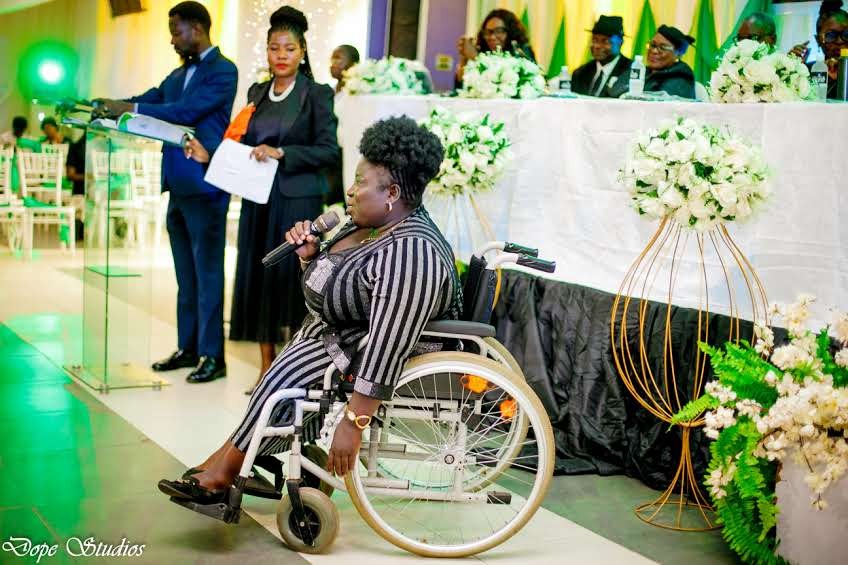
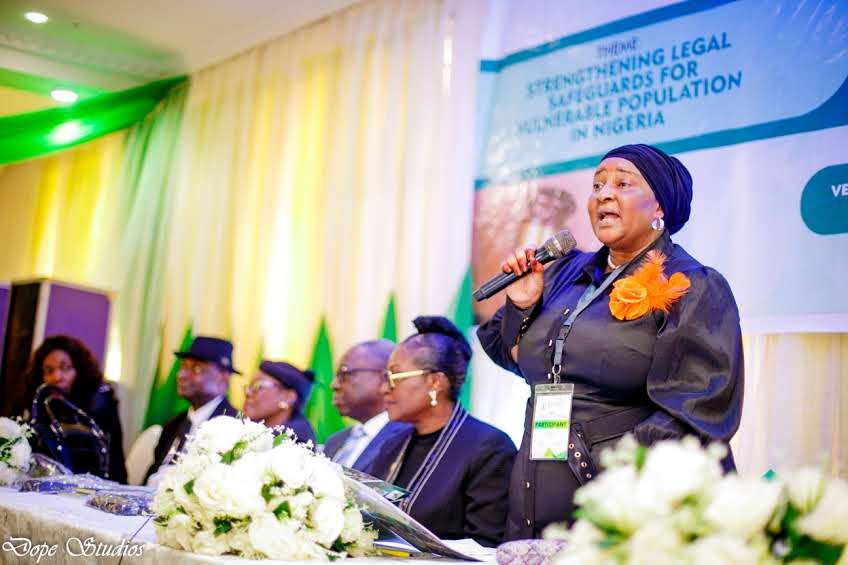
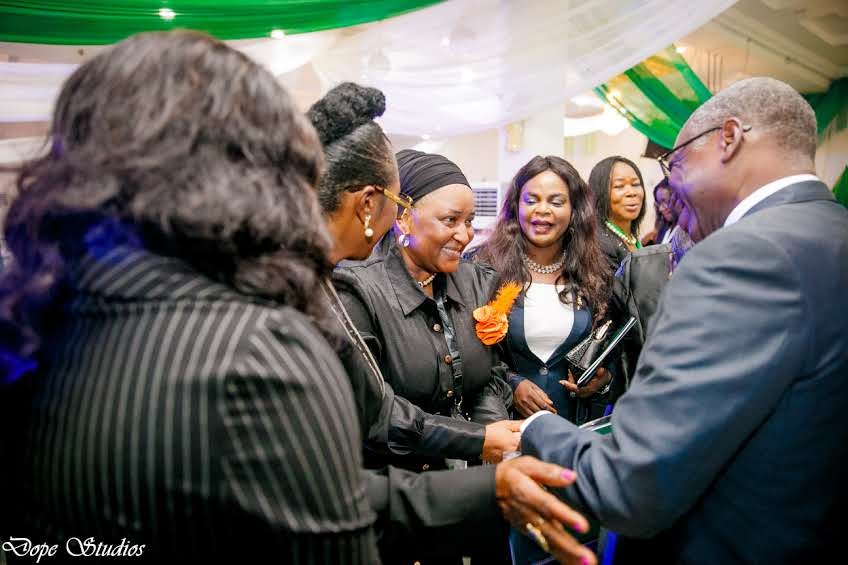
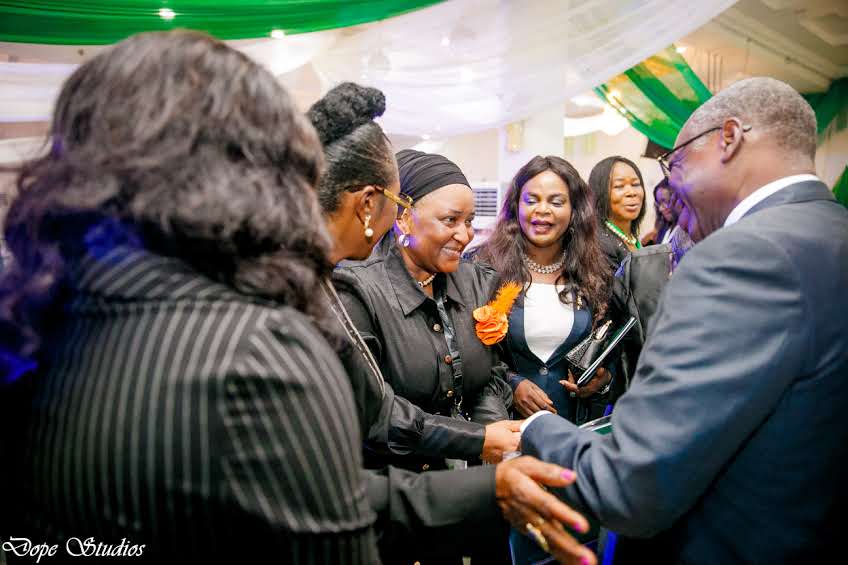
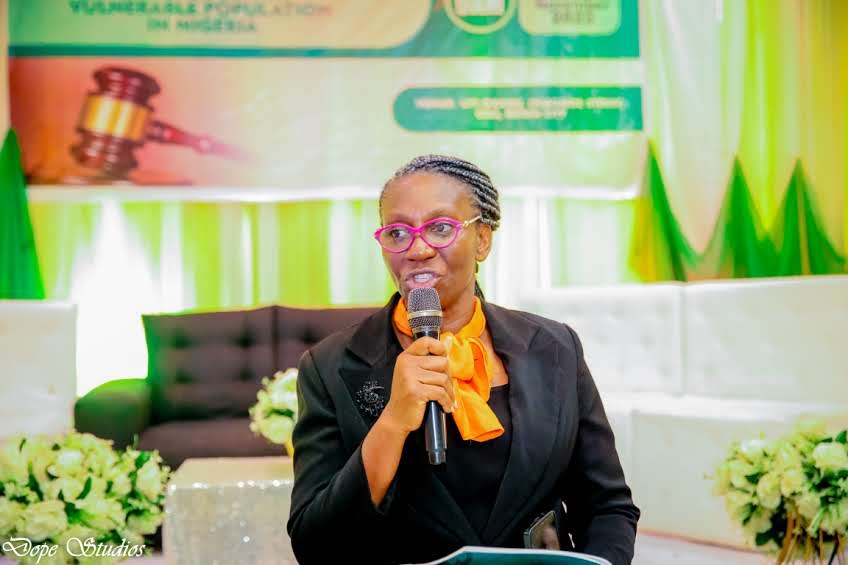
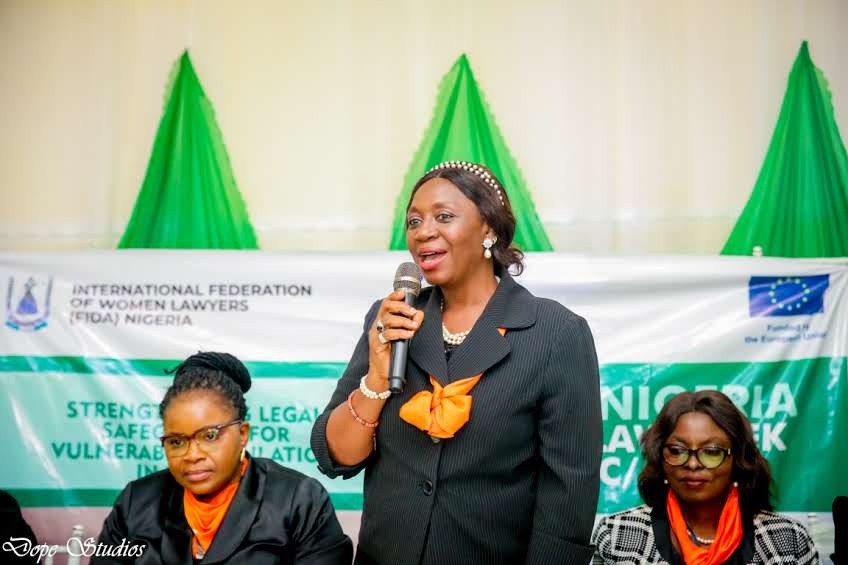
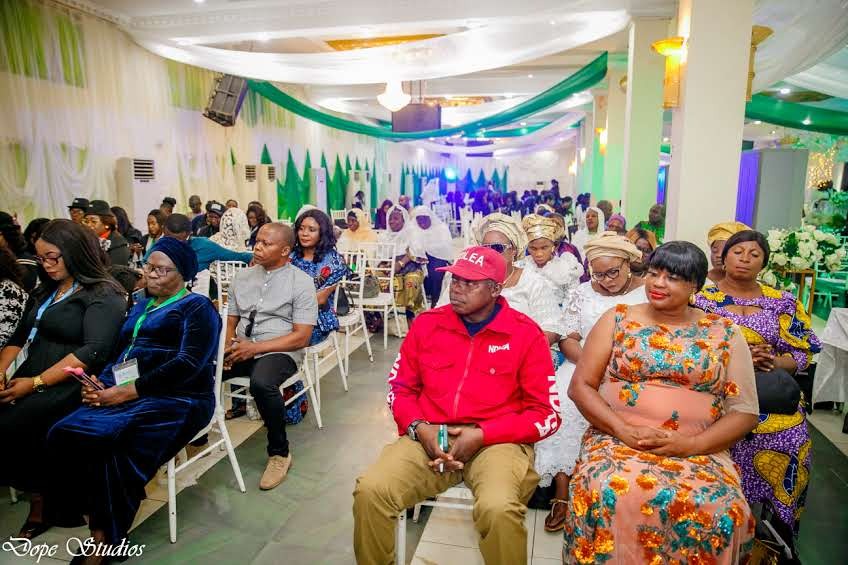
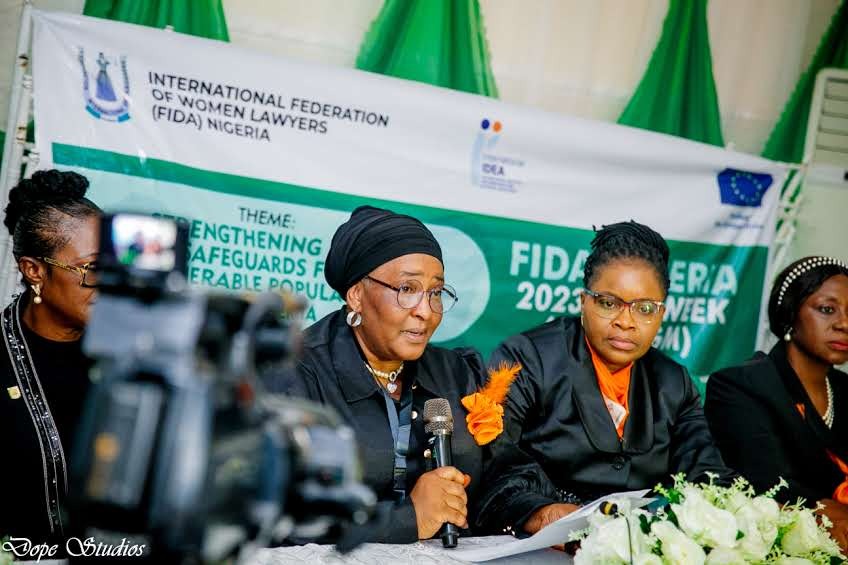
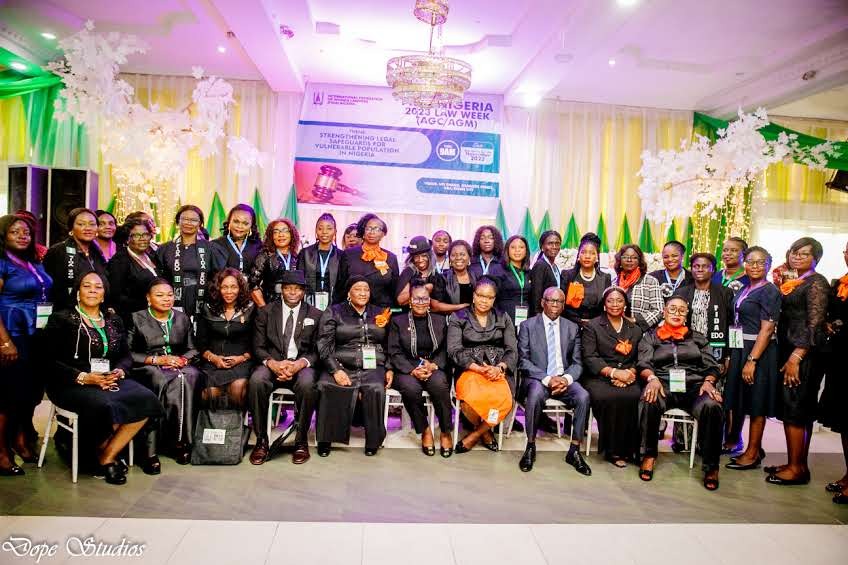
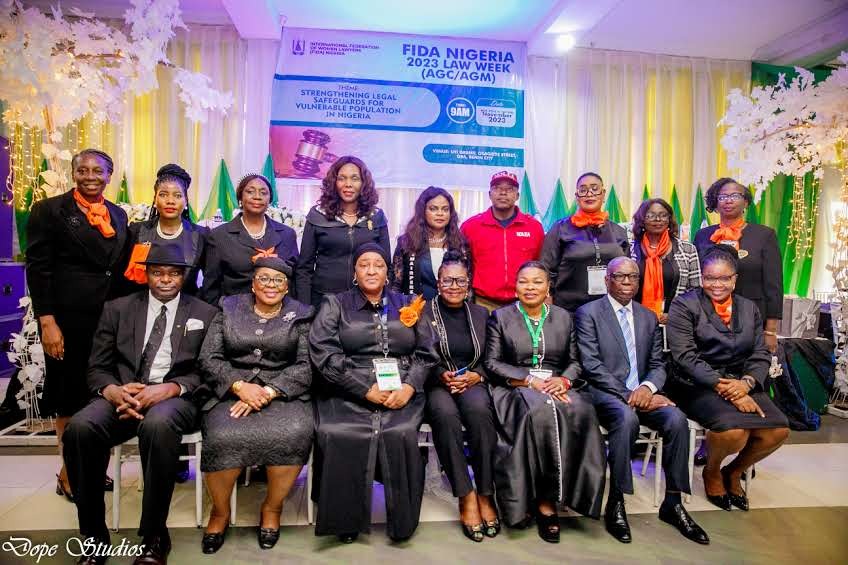
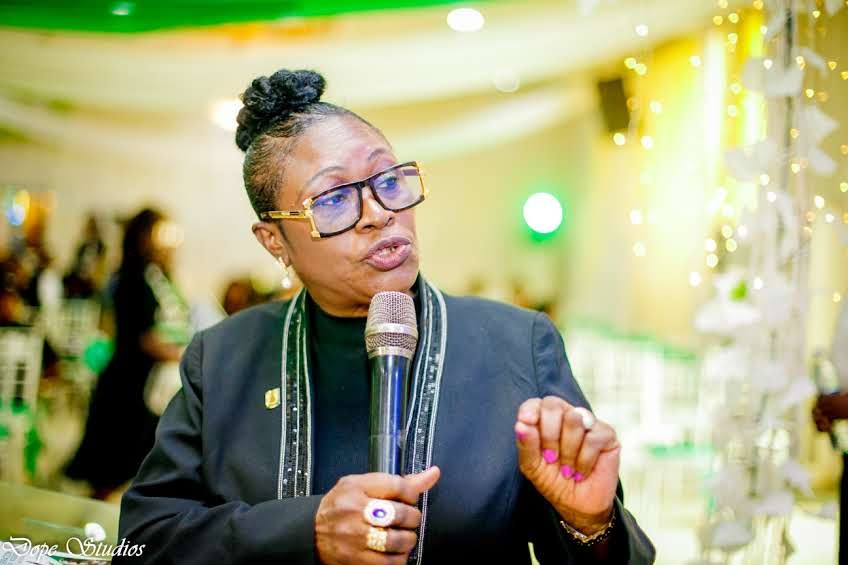
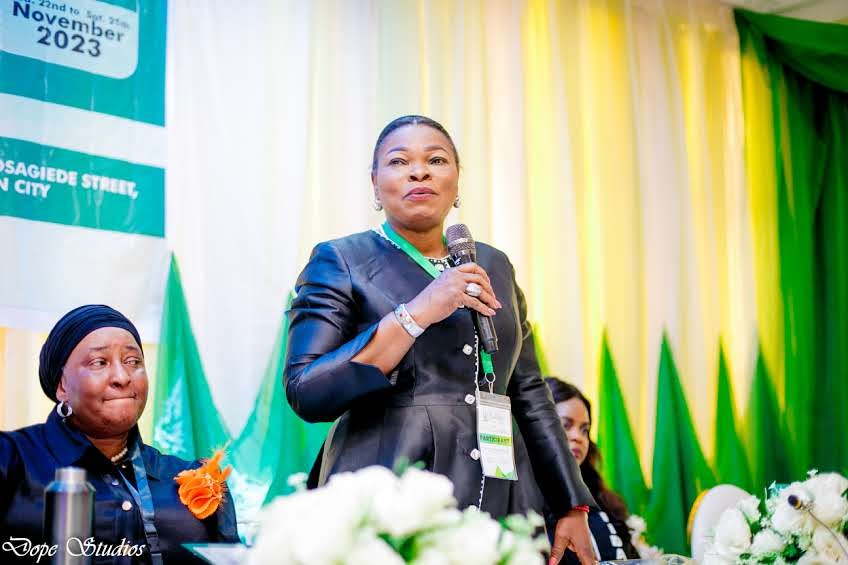
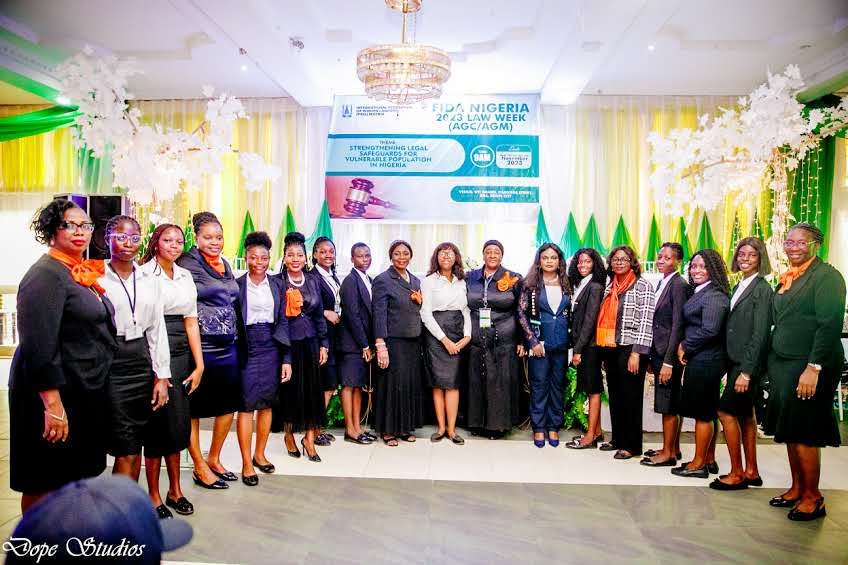
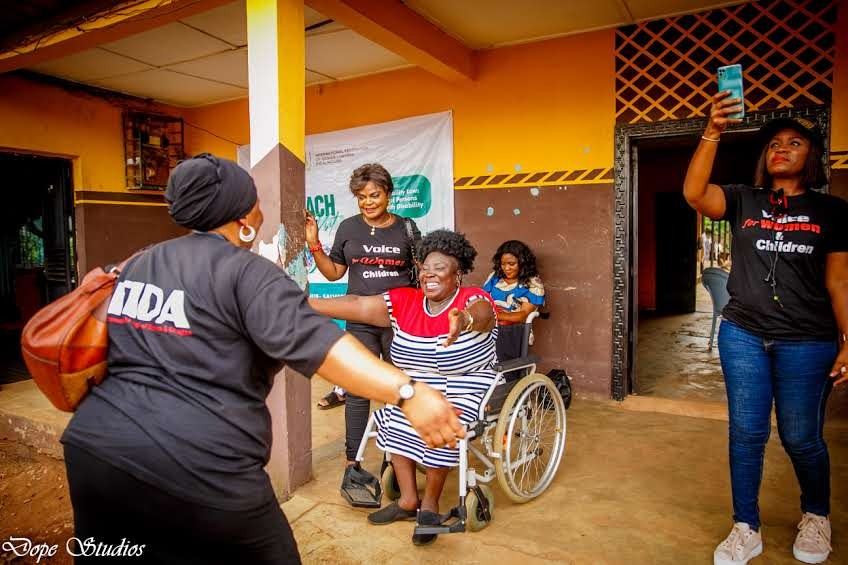
FIDA Nigeria Empowers and Connects with the Vulnerable: Outreach to Salvation Army Rehabilitation Centre Marks a Day of Shared Commitment and Inclusivity
In the well-known FIDA tradition of touching the lives of vulnerable populations through advocacy and sensitization outreaches, the FIDA Nigeria team led by the charismatic Country Vice President/National President Amina Suzanah Agbaje, undertook an outreach to the Salvation Army Rehabilitation Centre for Persons living with Disabilities in the morning of Wednesday, 22nd November 2023
The delegation which comprised of members of the National Executive Committee and other delegates for the Annual General Conference were warmly received by Major Akpan, the Administrator of the Salvation Army Rehabilitation Centre, Benin City, Edo state.
Other Civil Society Organizations were well represented at this outreach and they included the Federation of Muslim Women of Nigeria (FOMWAN) ably represented by Hajiya Usenat Esohe Audu; Conference of Non-Governmental Organisations (CONGOS) represented by Comrade Batholomew Okoudo; Society for Awareness & Family Initiative (SAFI) ably represented by Mr. Obode Abraham; and Joint National Association of Persons with Disabilities (JONAPWD) represented by its Chairperson Mrs. Ann Ojugo. Also present, was the Permanent Secretary of the Ministry of Arts, Culture & Tourism Edo state, Irgun Omorogiuwa, who was also a past Chairperson of FIDA (Nigeria) Edo State.
FIDA Nigeria in recognizing the resilience of the center, presented gifts to it which symbolized its solidarity and support with the centre. It was an afternoon of shared stories, laughter and the unspoken language of understanding.
The day concluded with a beautiful photo session, freezing in time the smiles and shared commitment to inclusivity reached over a single afternoon. In the narrative of this outreach, FIDA Nigeria did not only visit a center; they became part of a community, weaving bonds that transcended an advocacy outreach into one of collaboration towards strengthening legal safeguards for the vulnerable persons at the center.
FIDAOutreachChronicles #CommunityConnections #InclusivityJourney
Kindly access the provided hyperlink to view additional photographs
https://photos.app.goo.gl/3MAw8CSPHq9ztbLJ6
